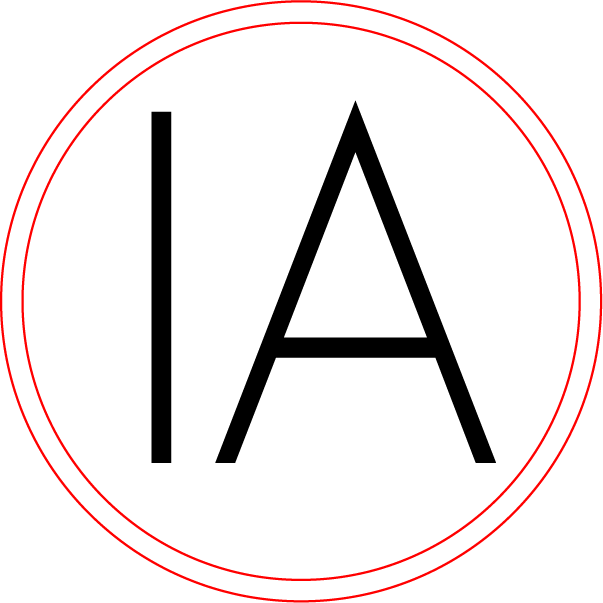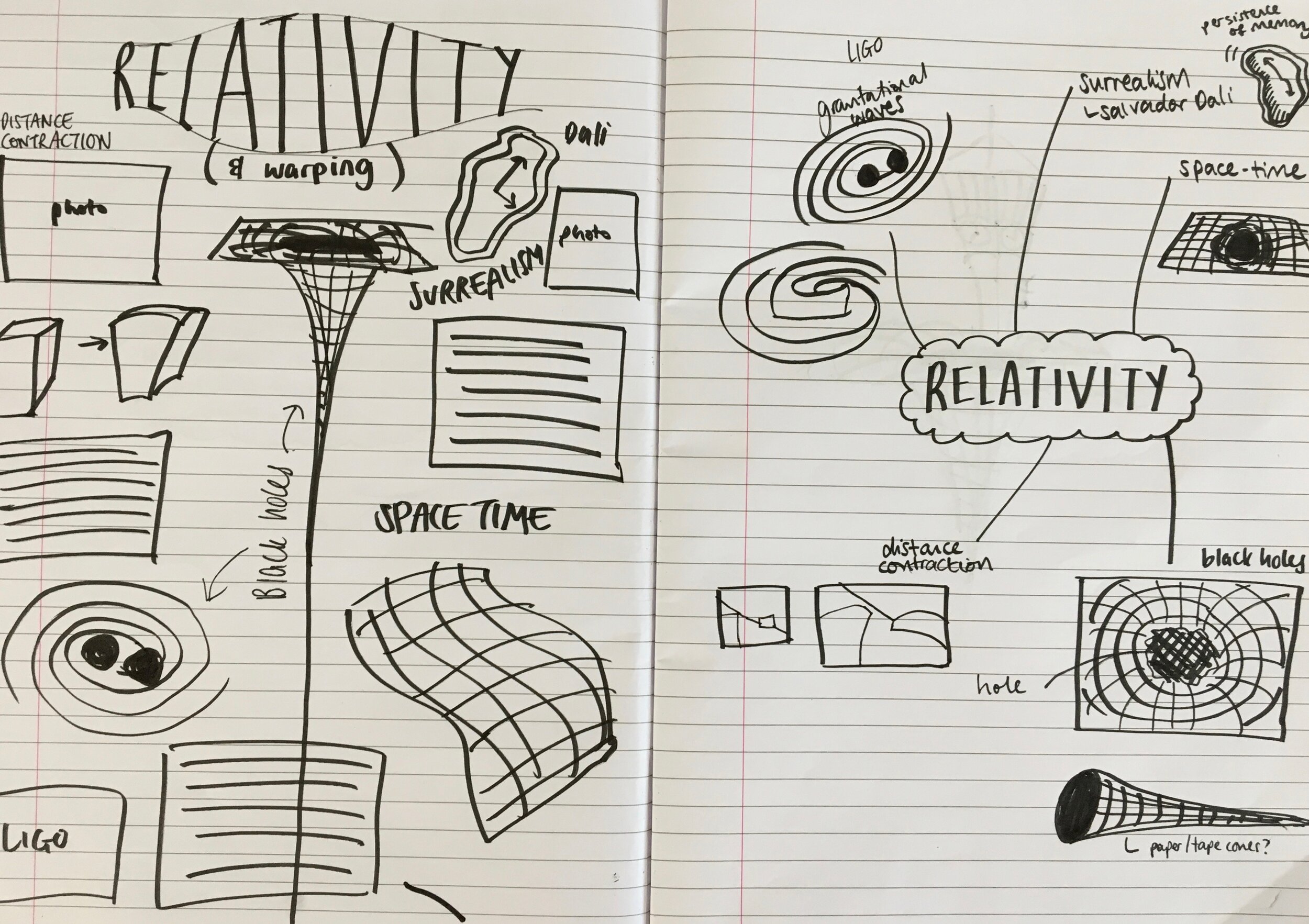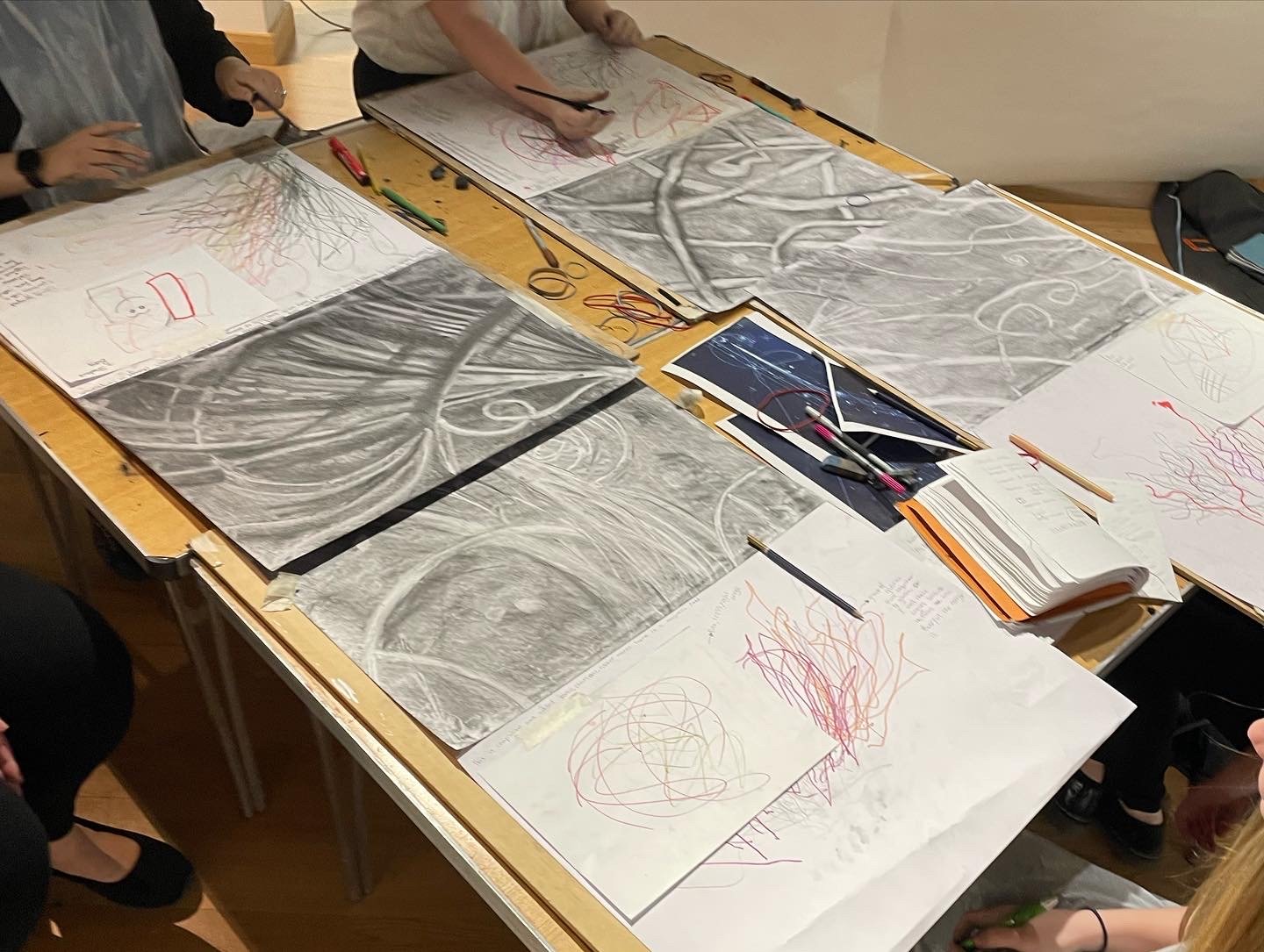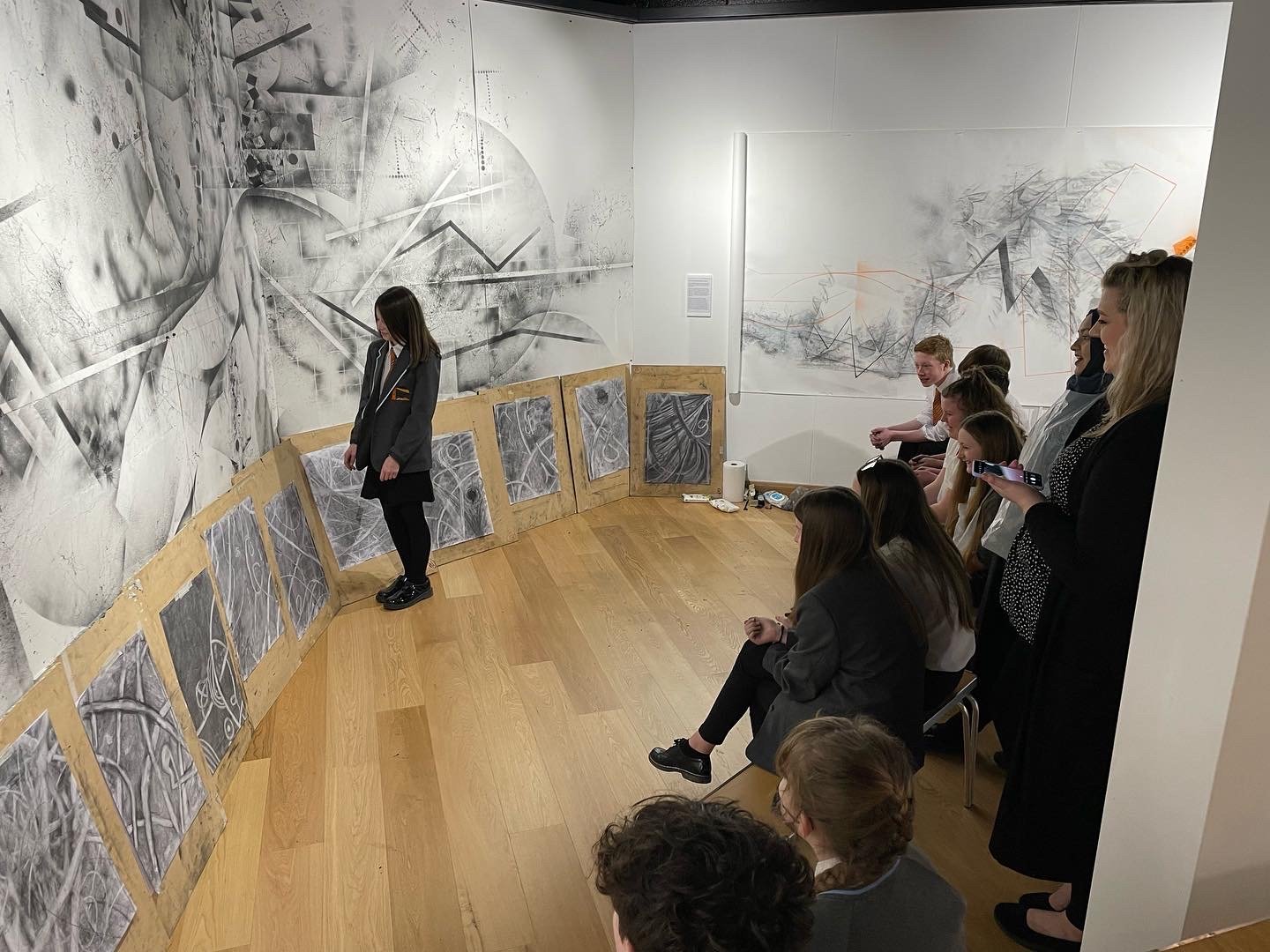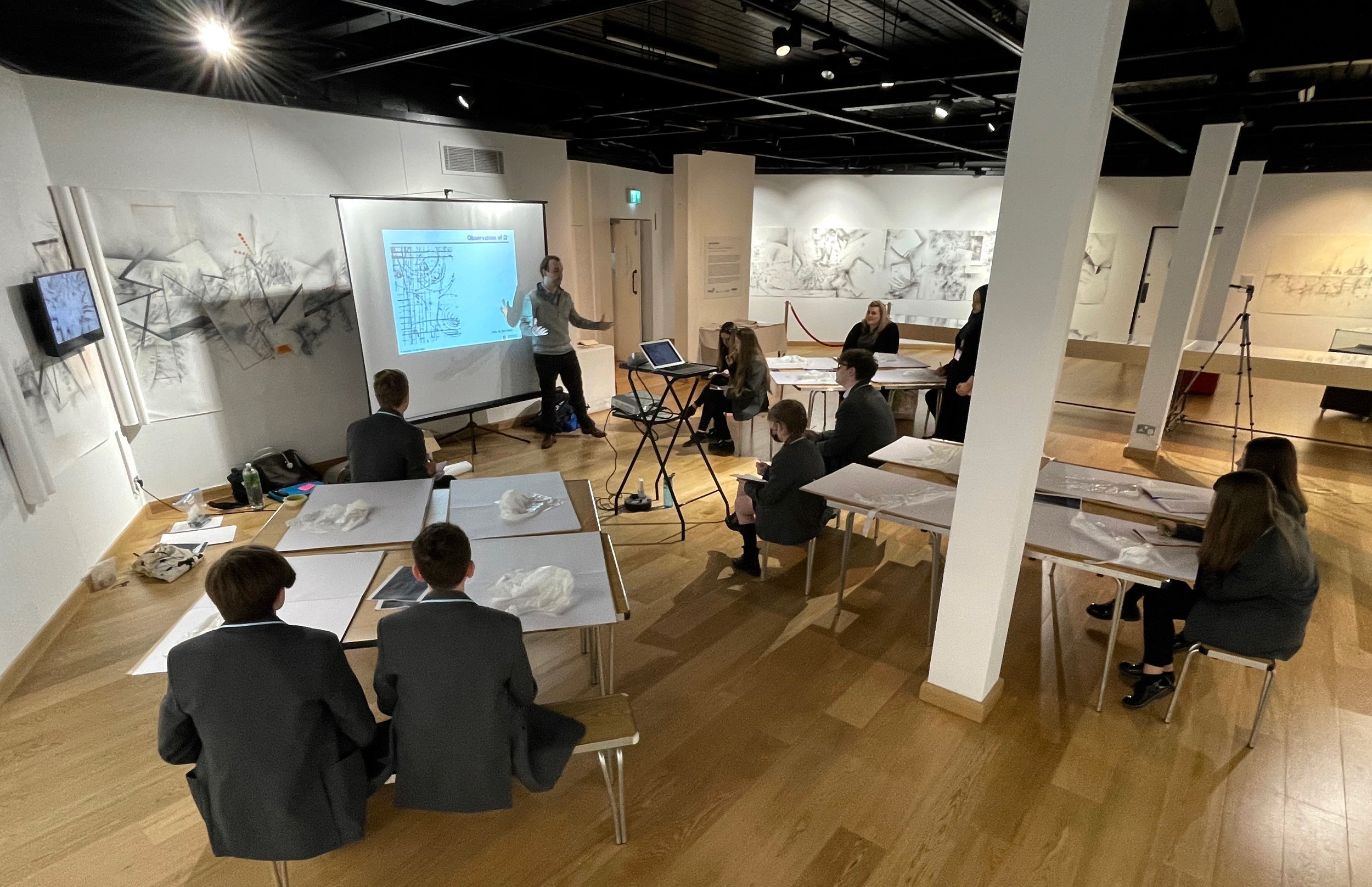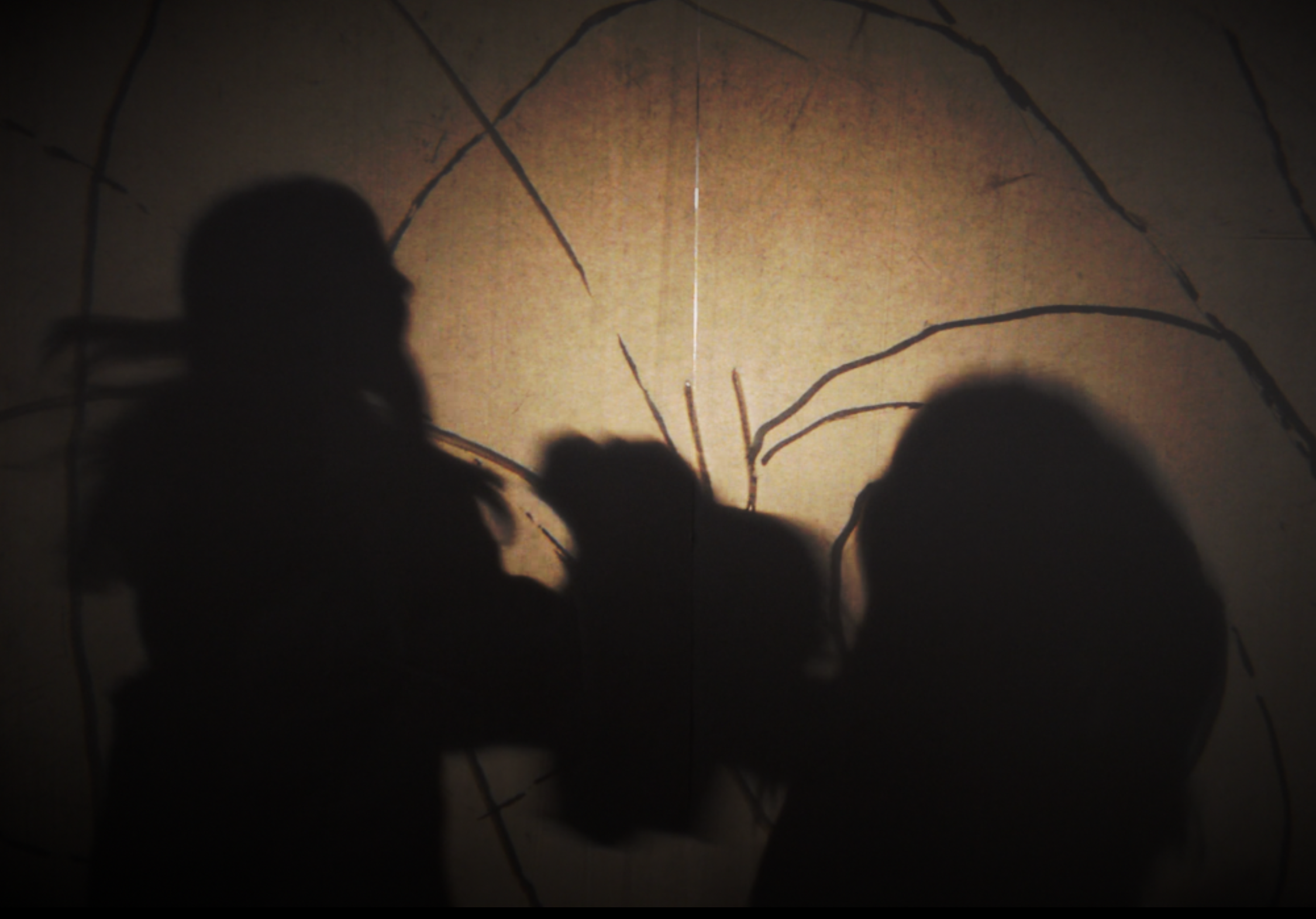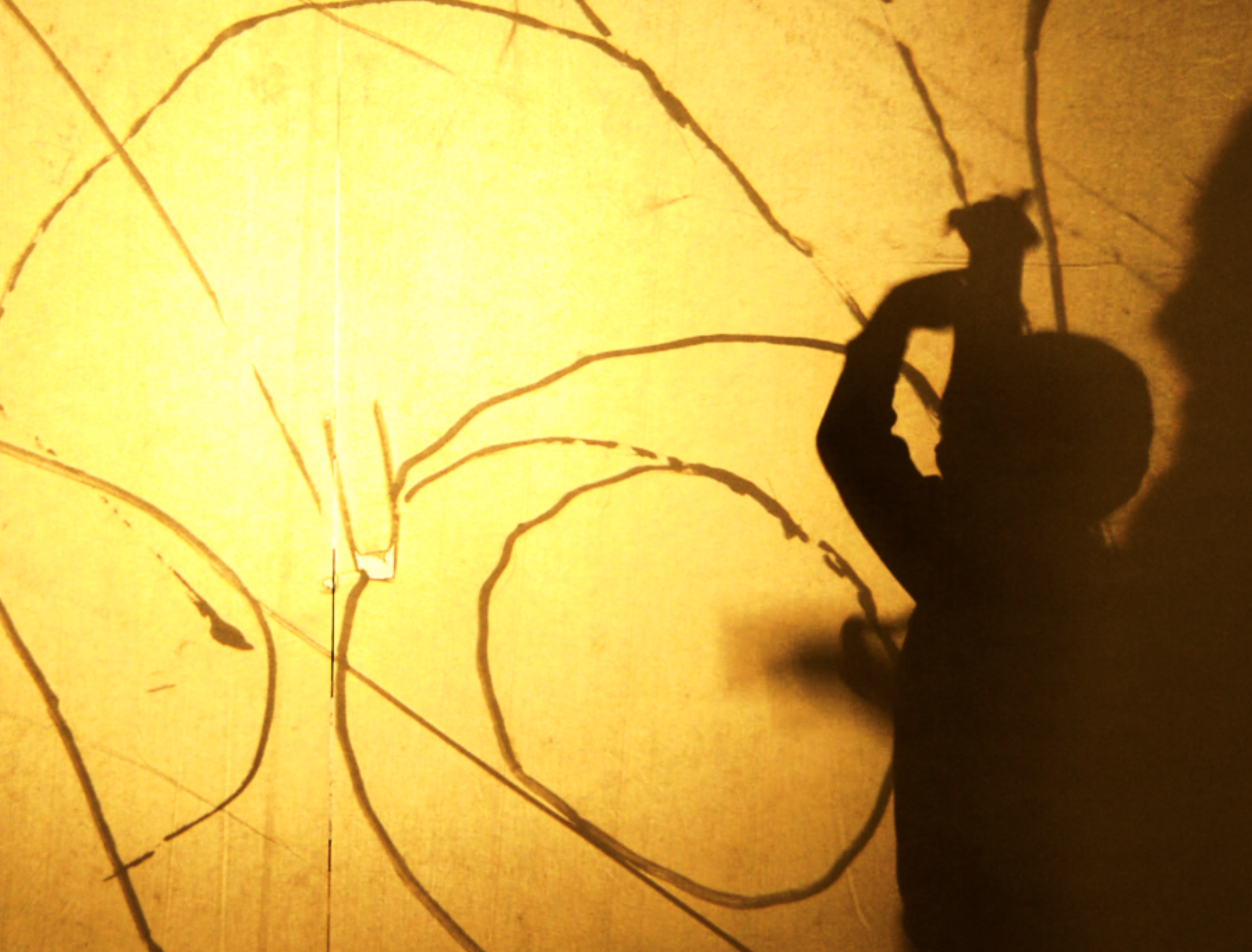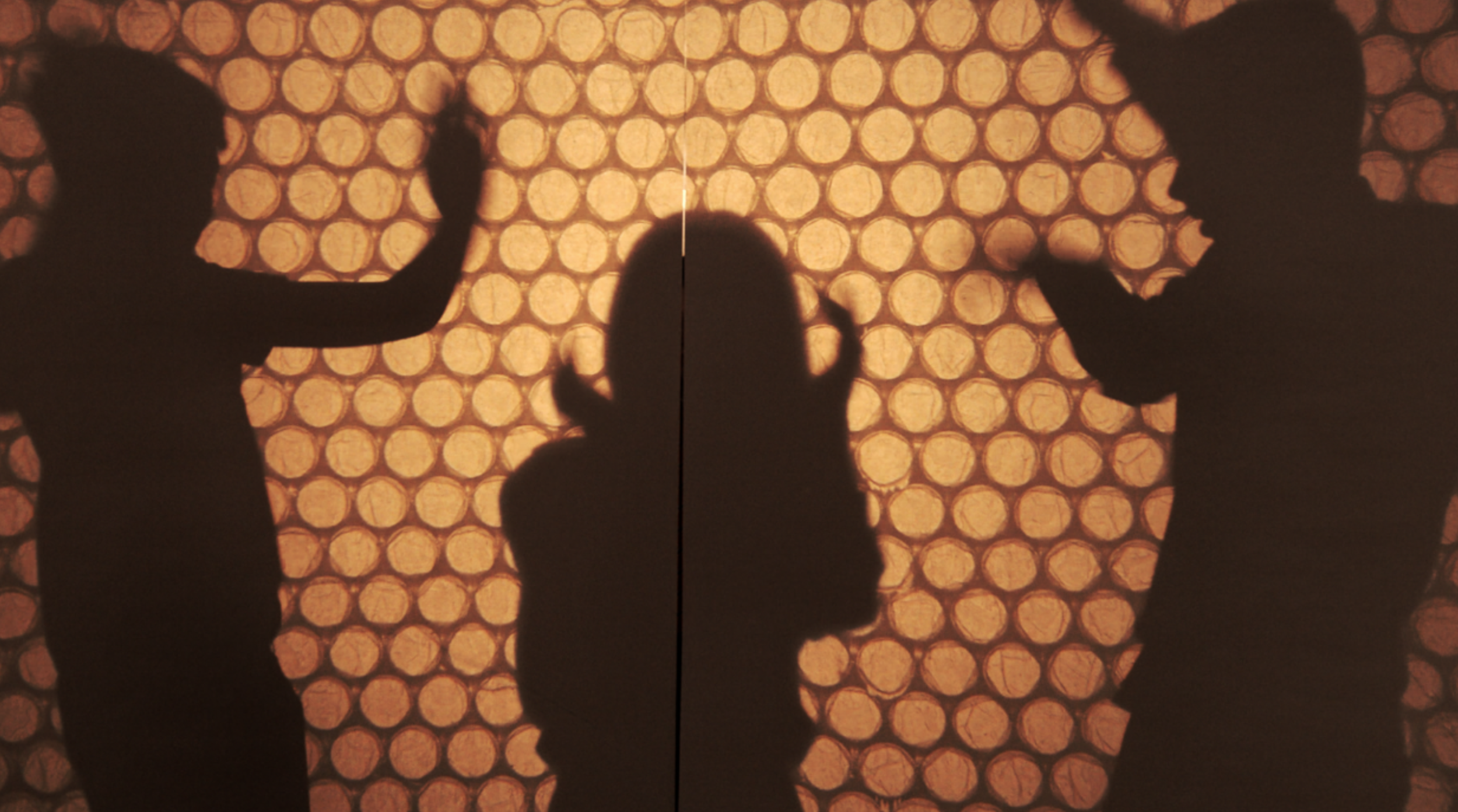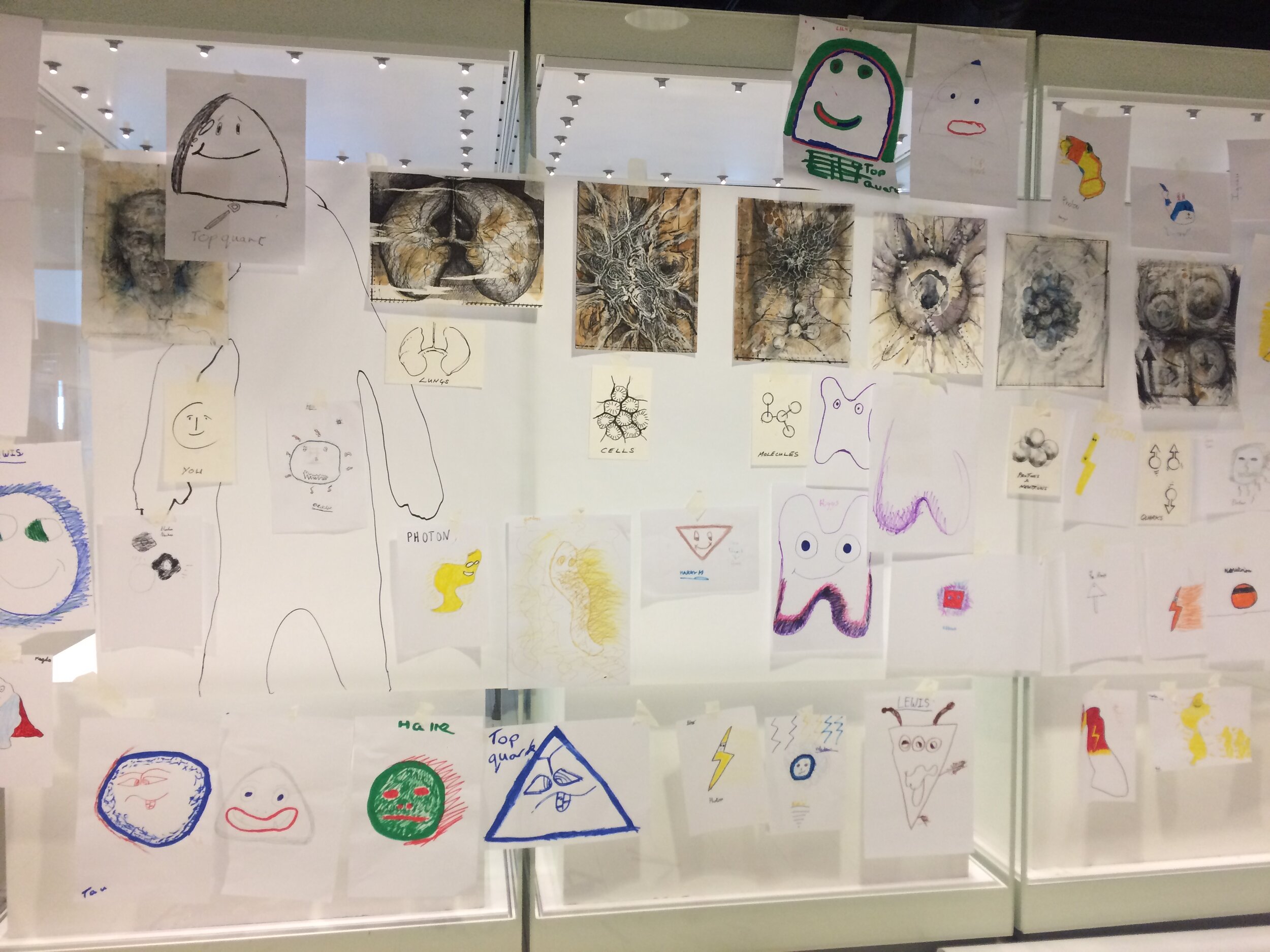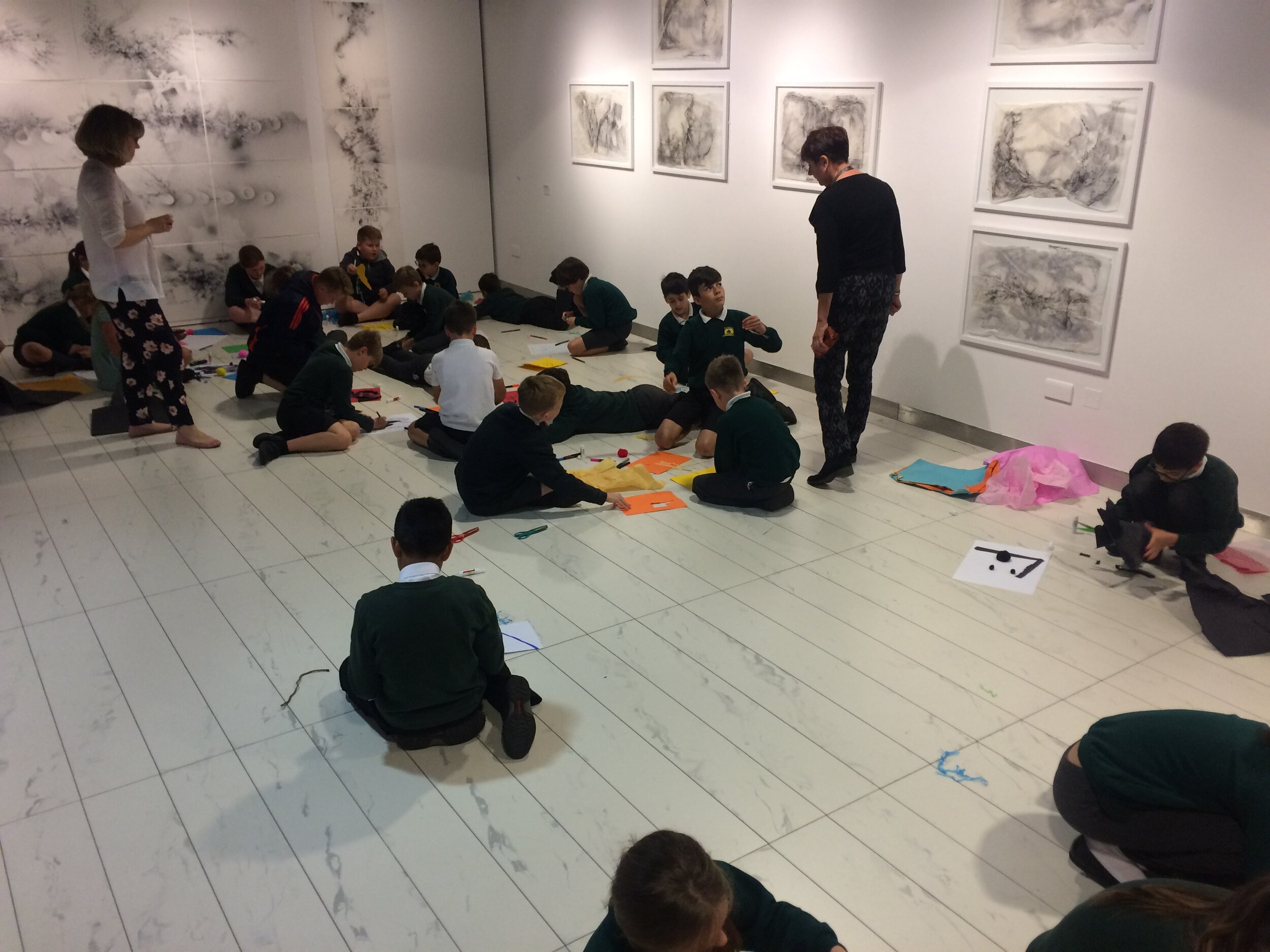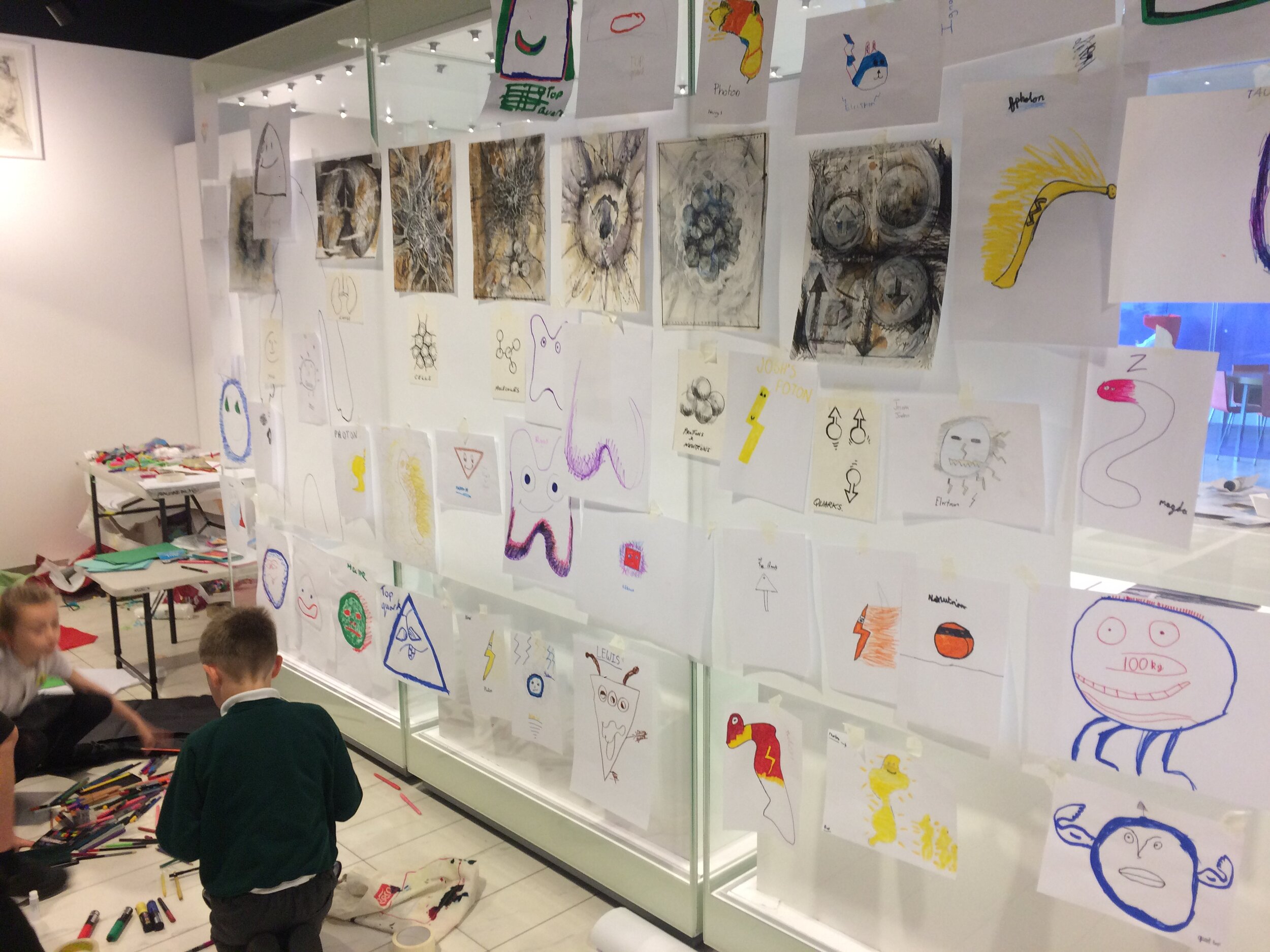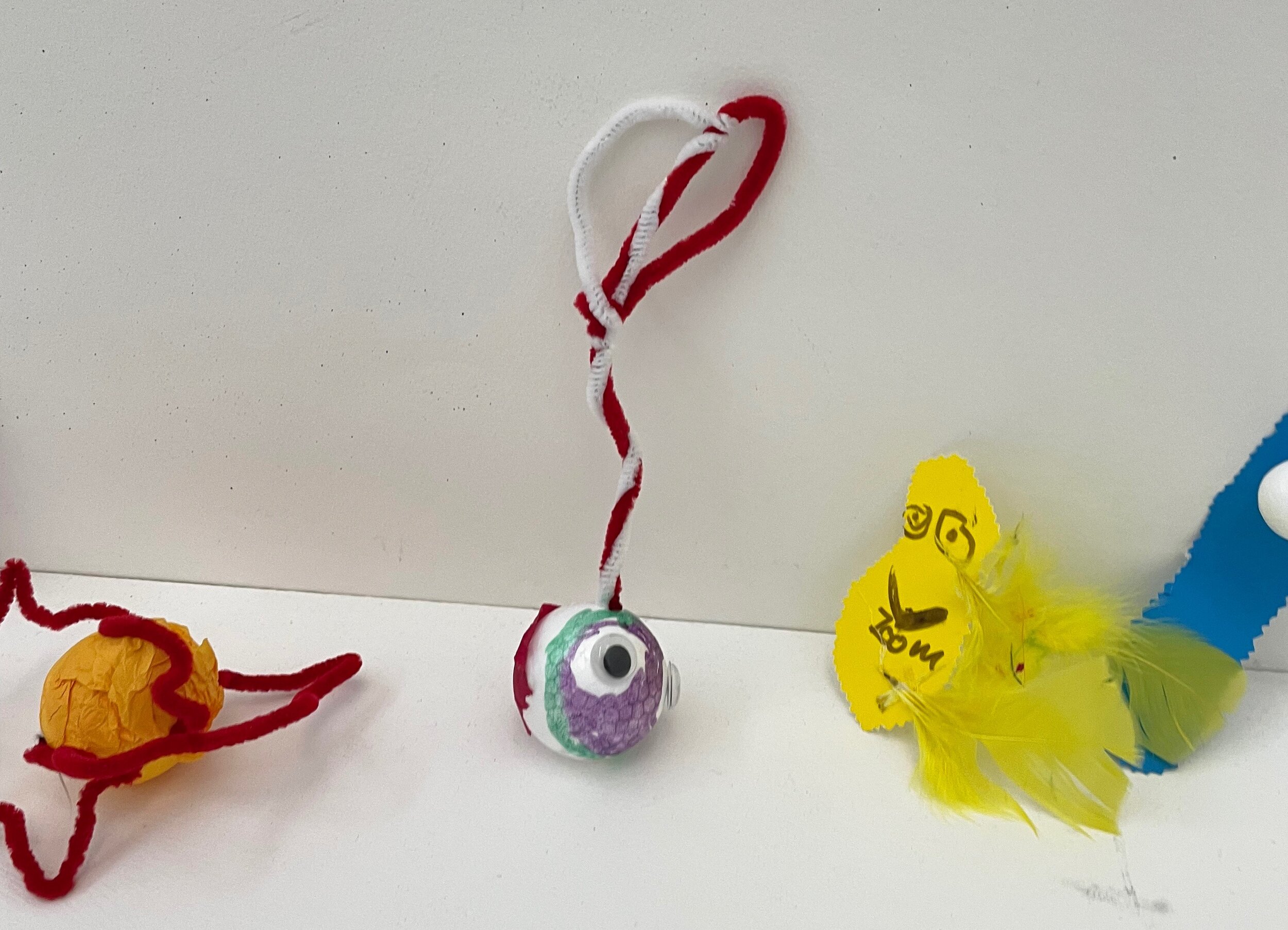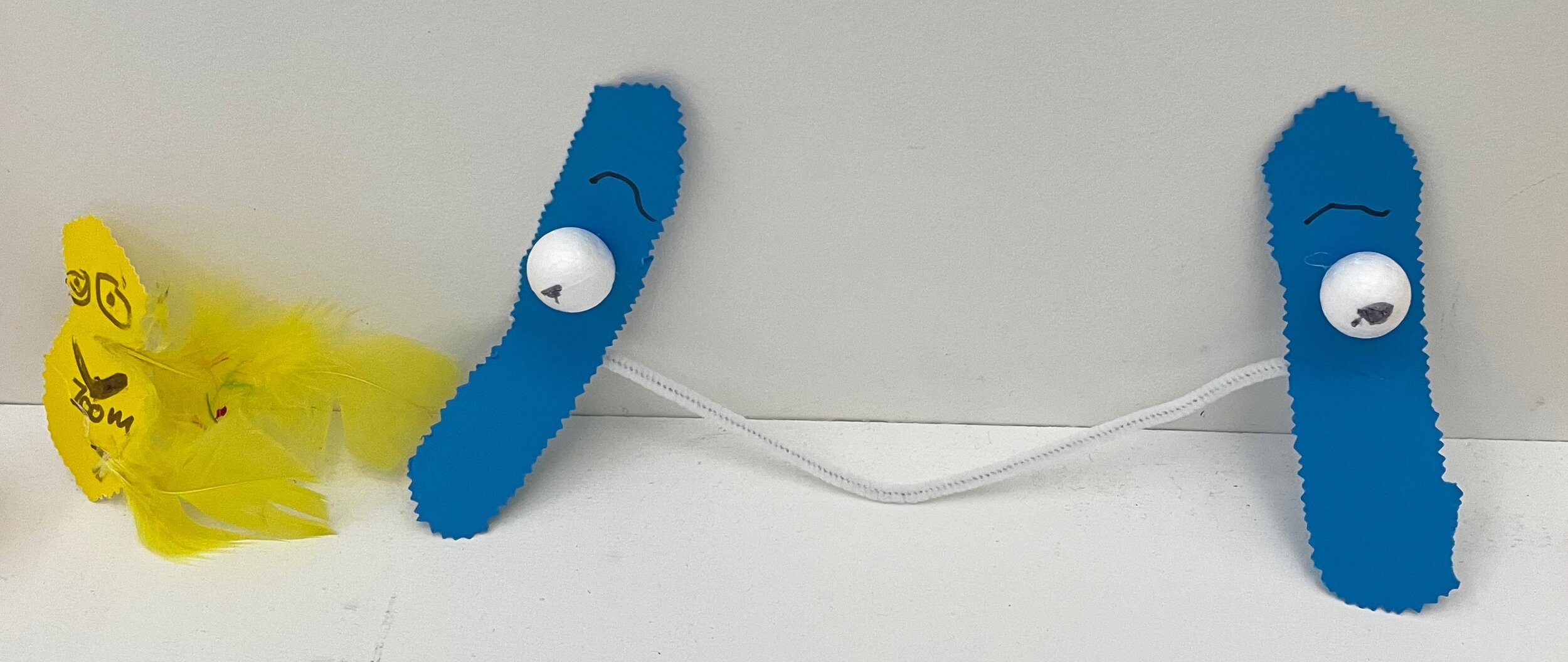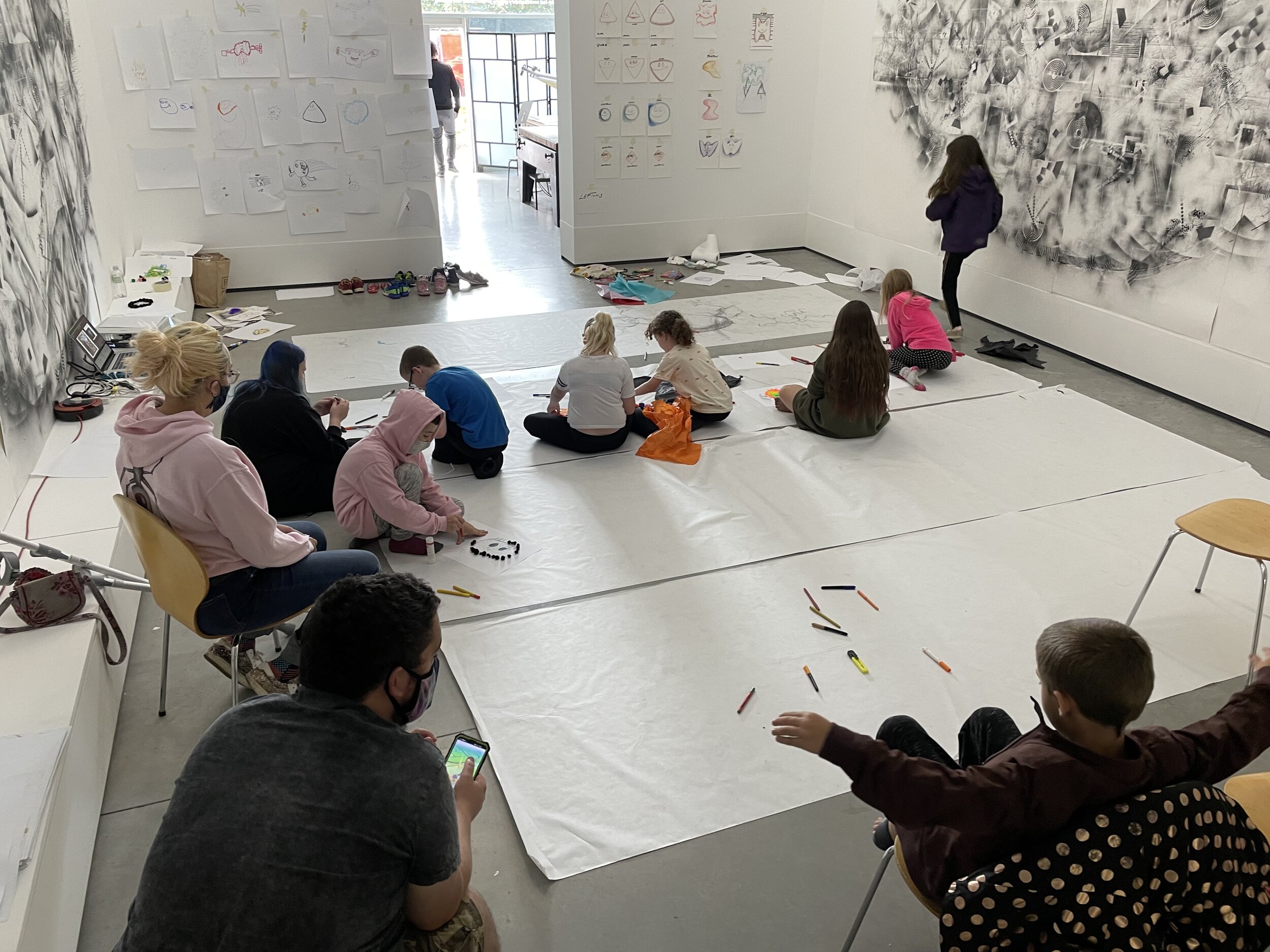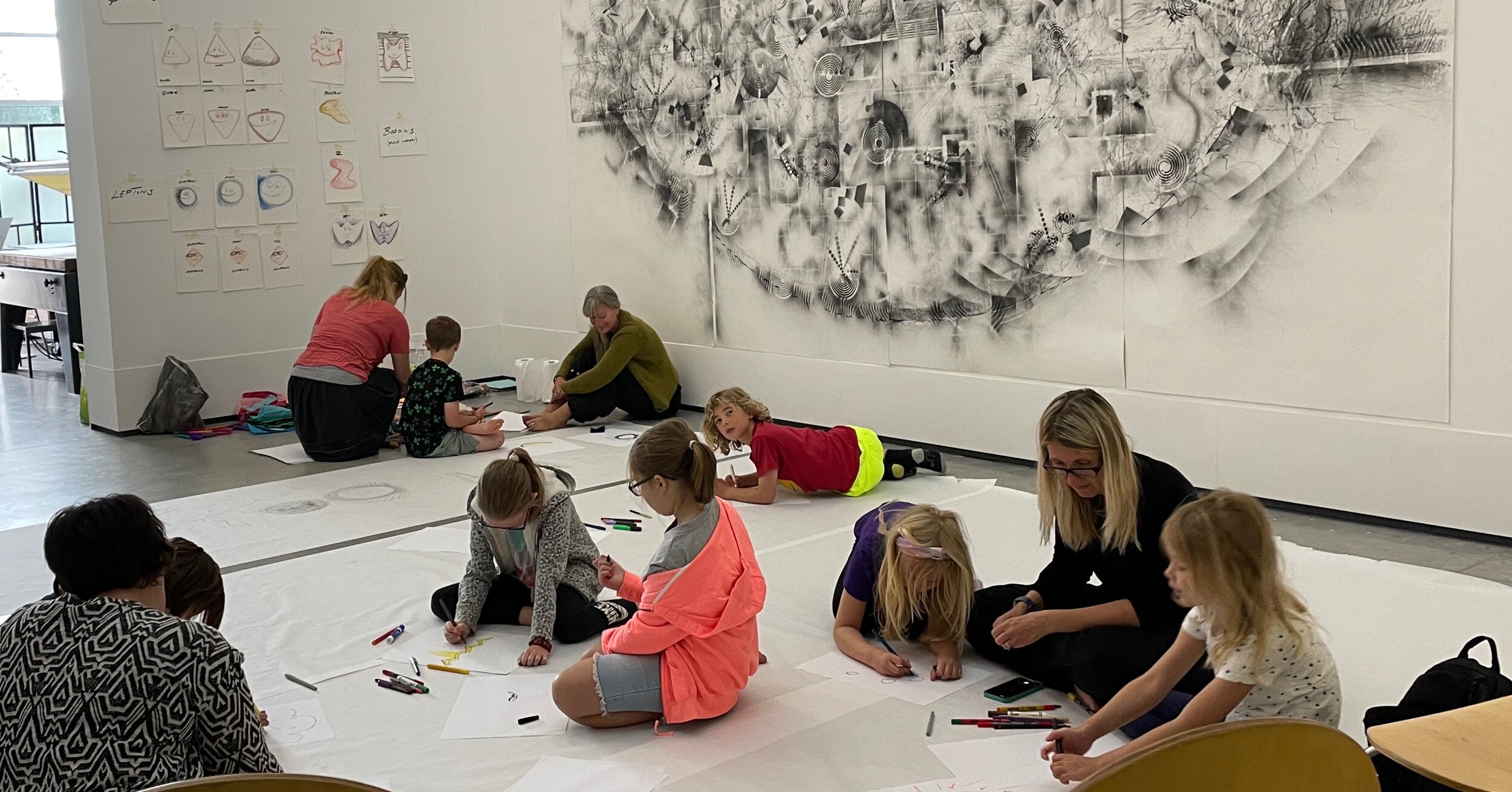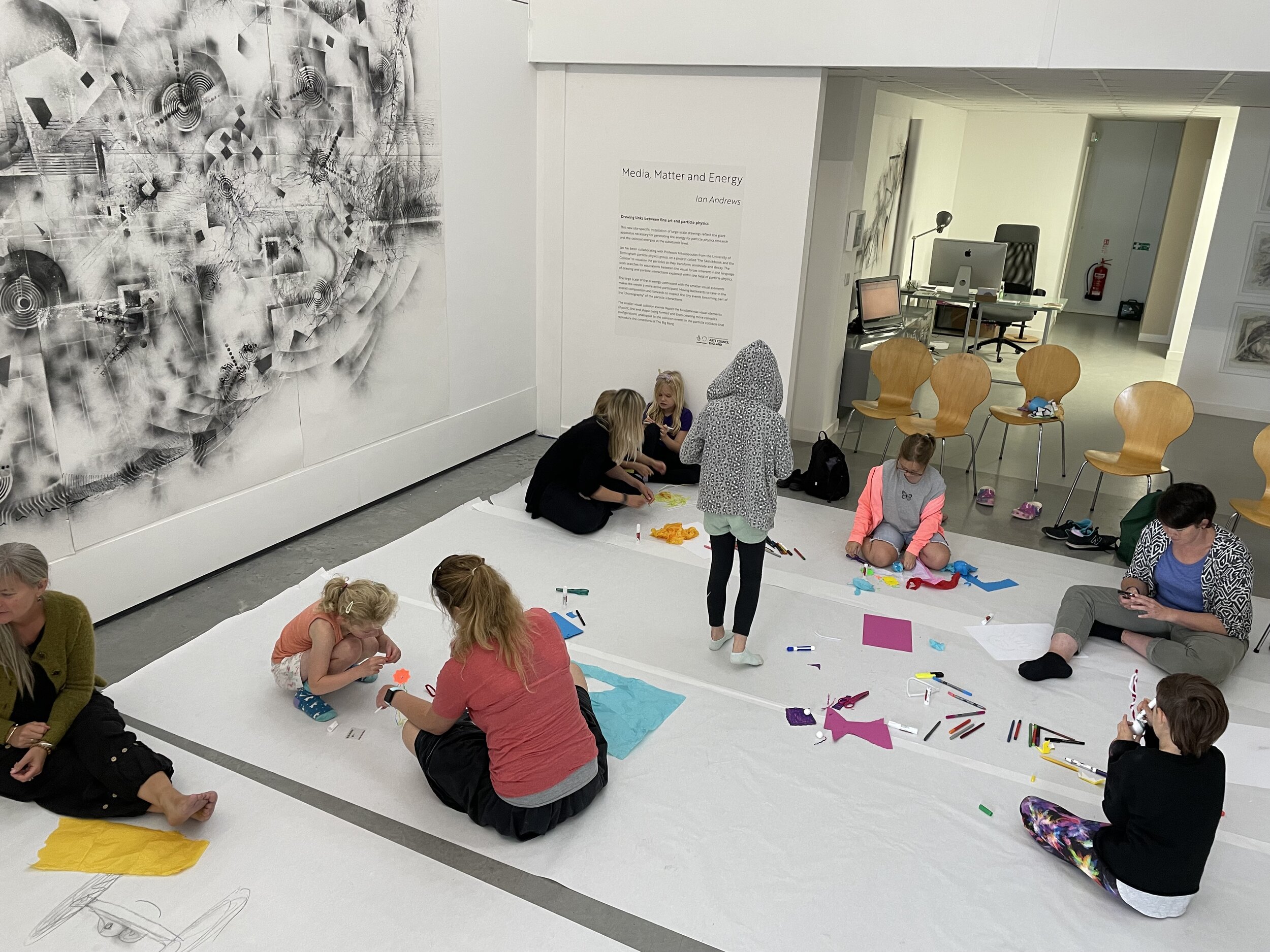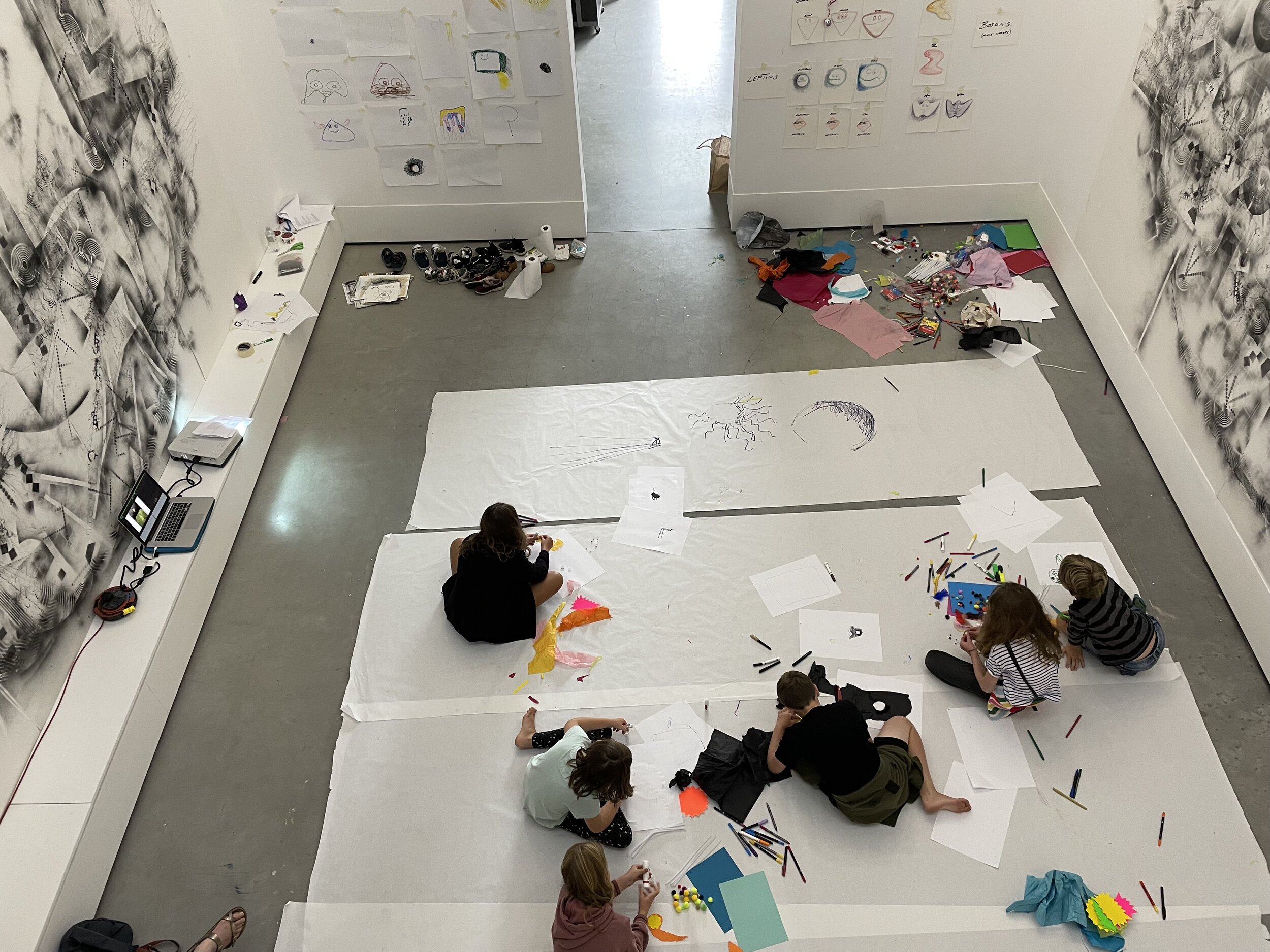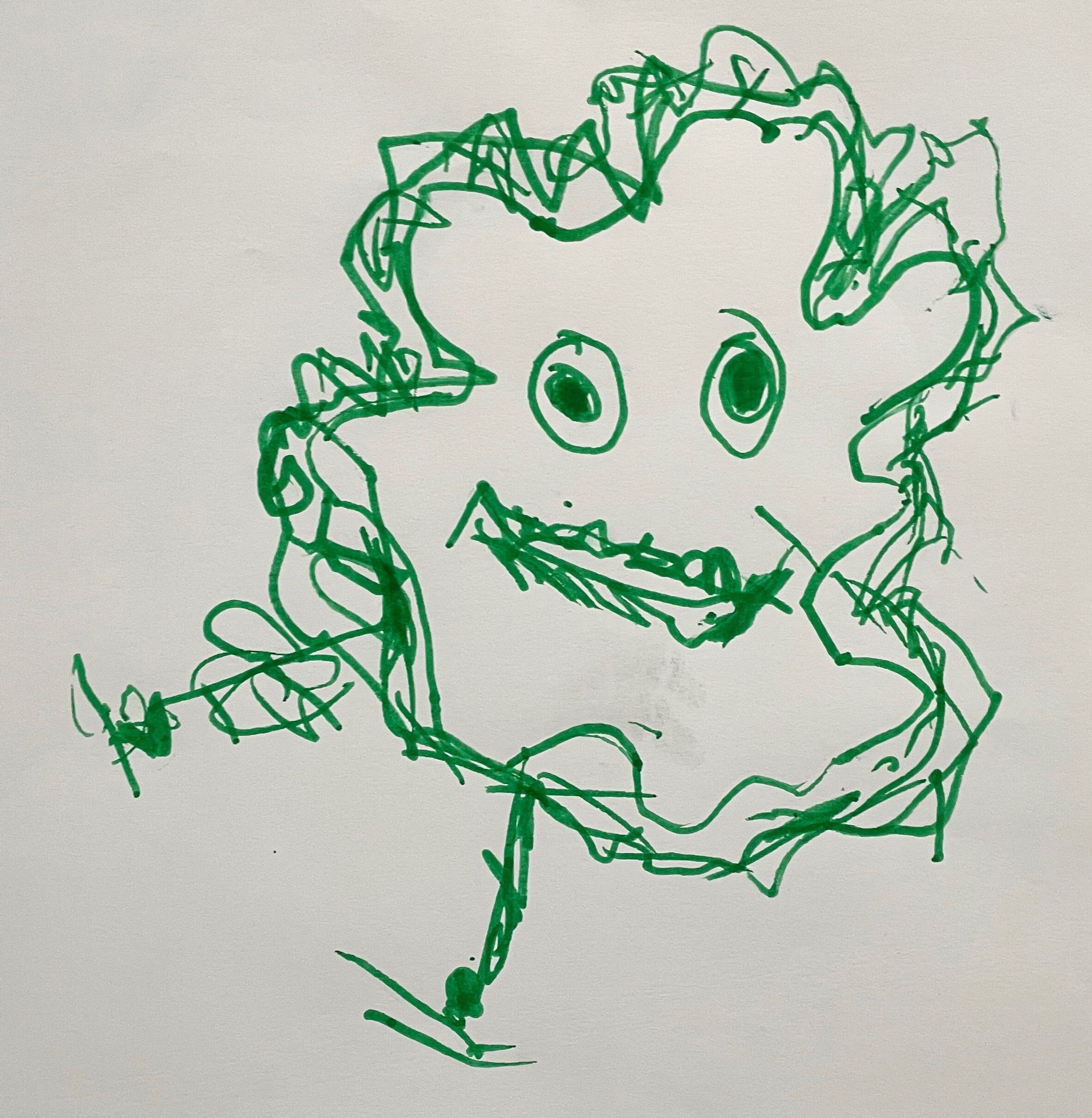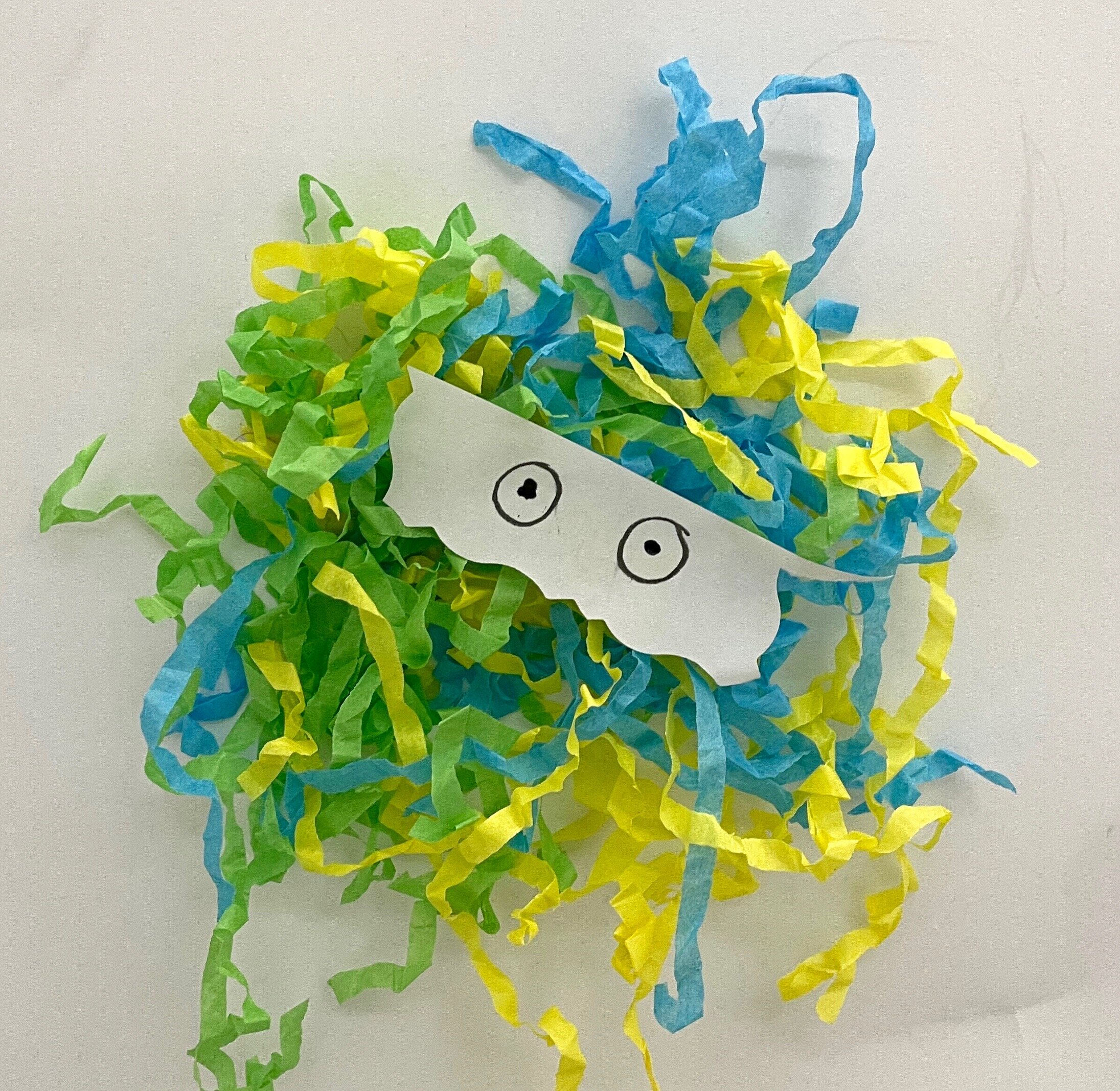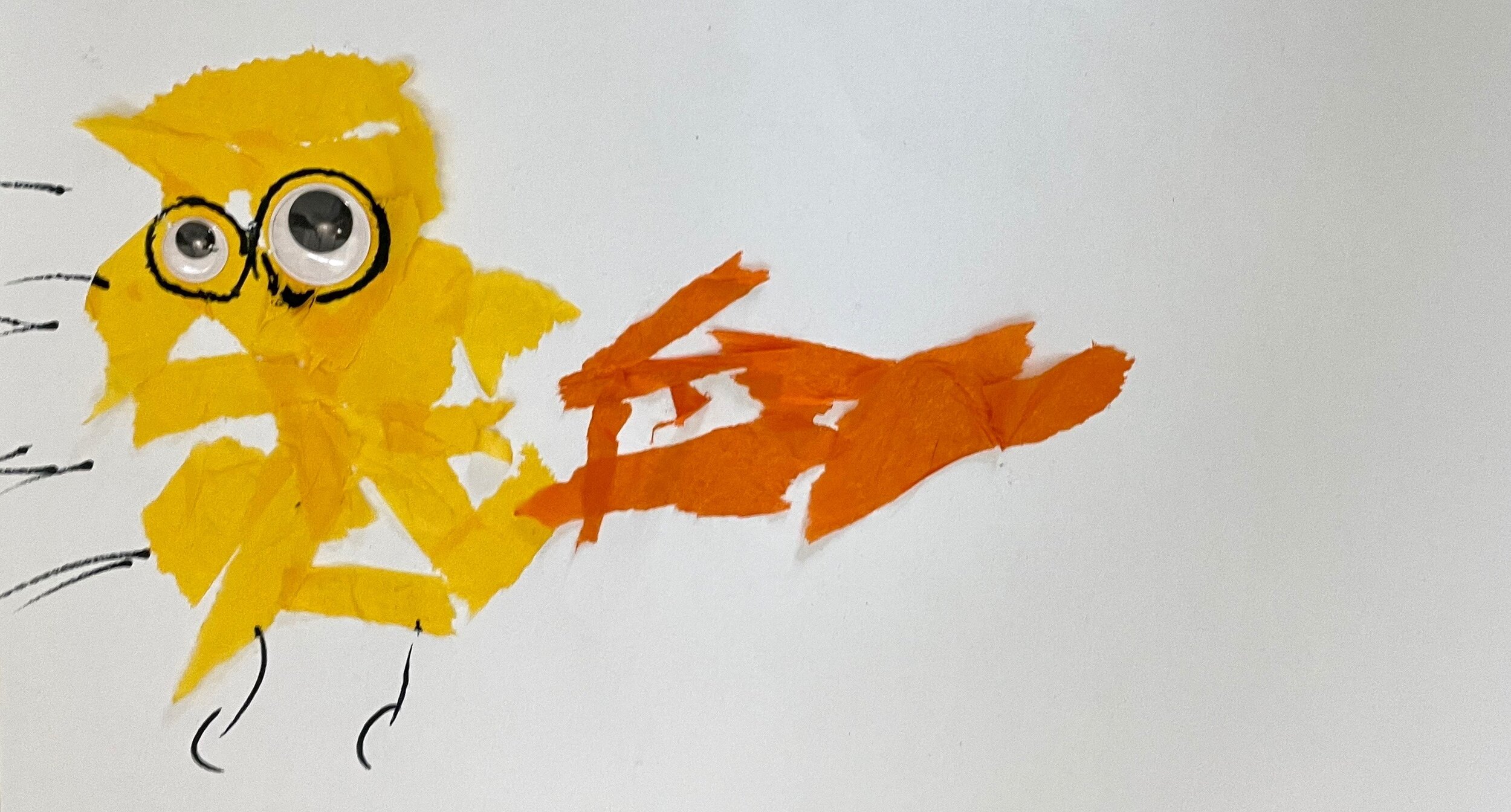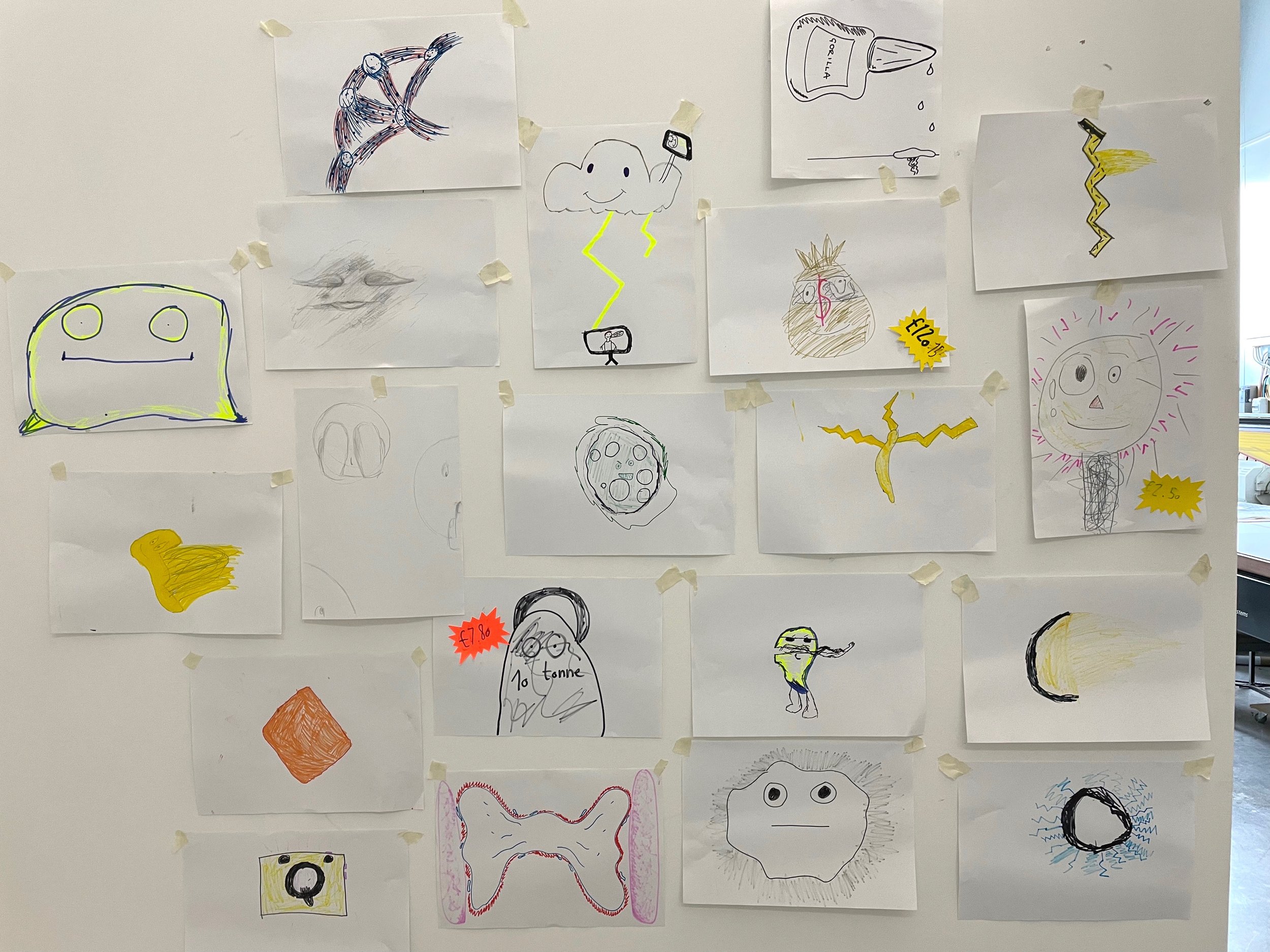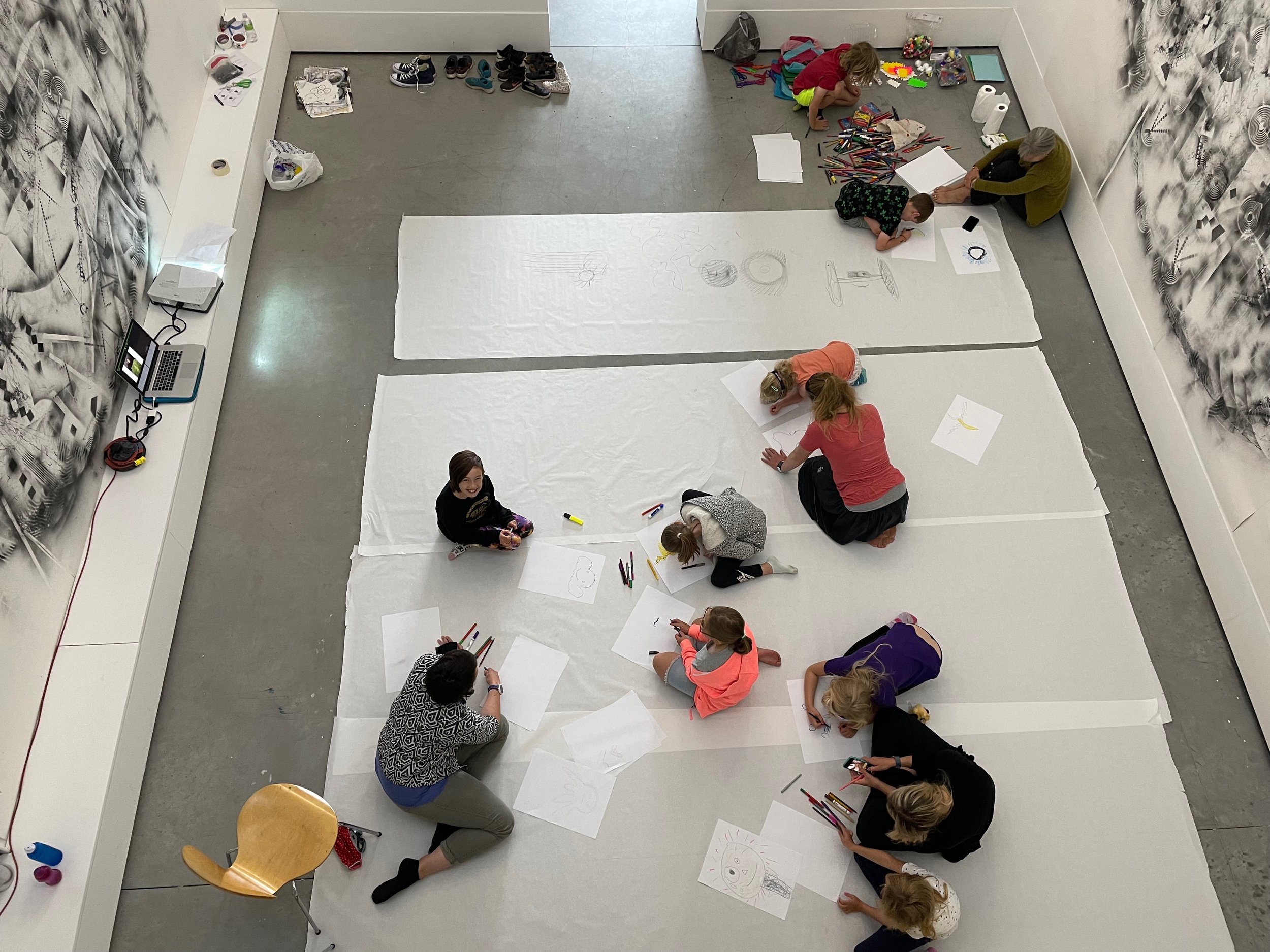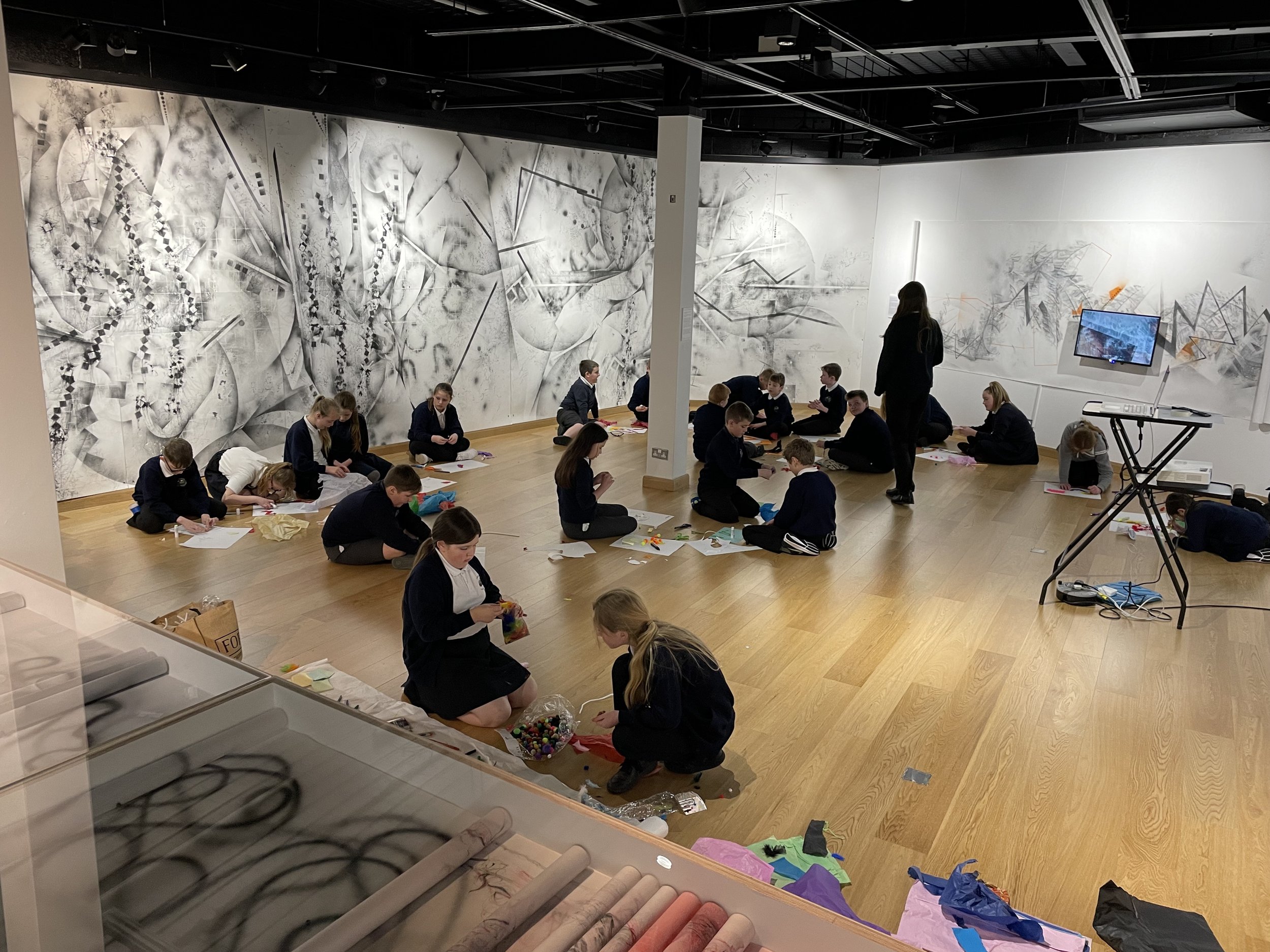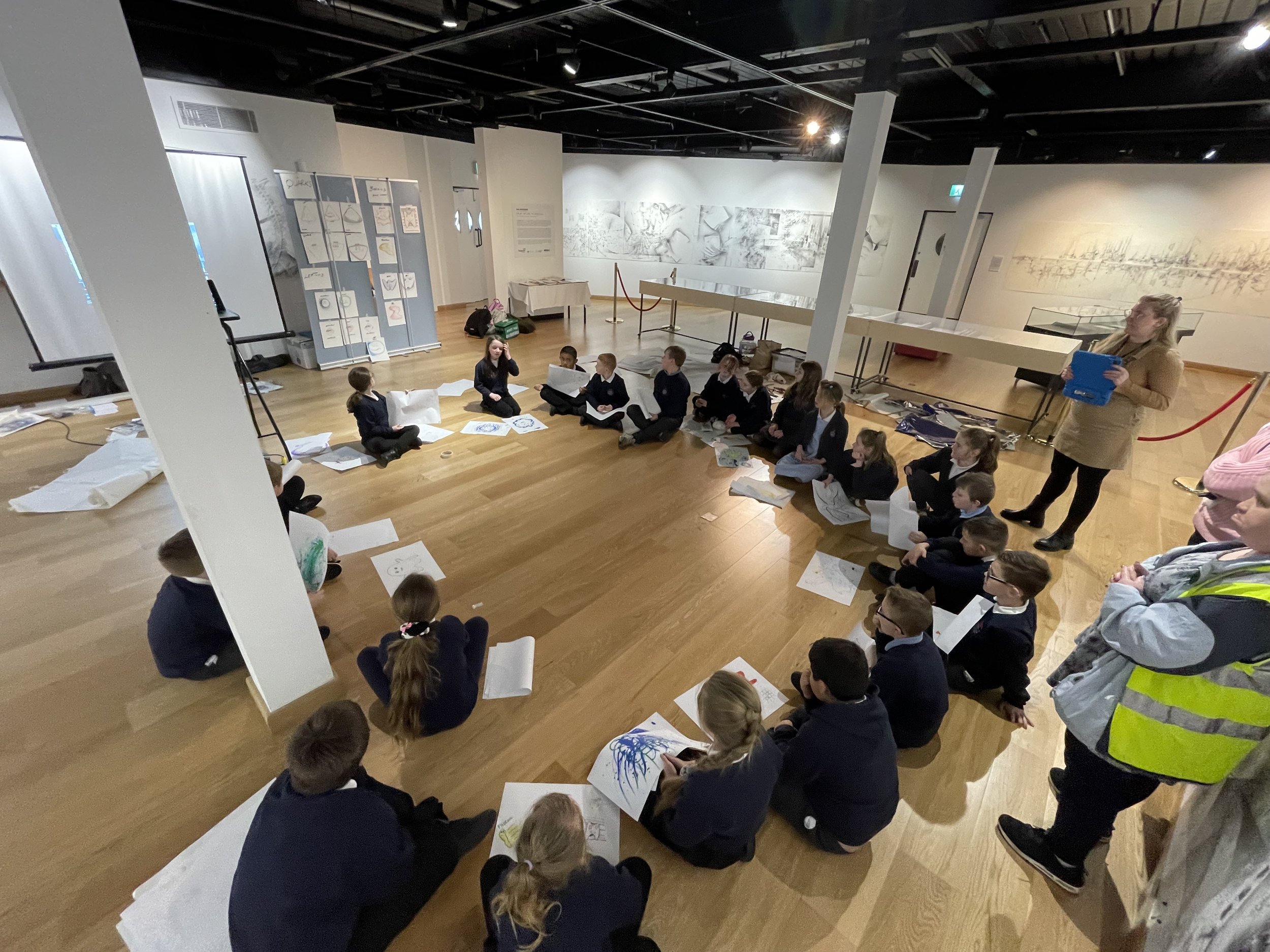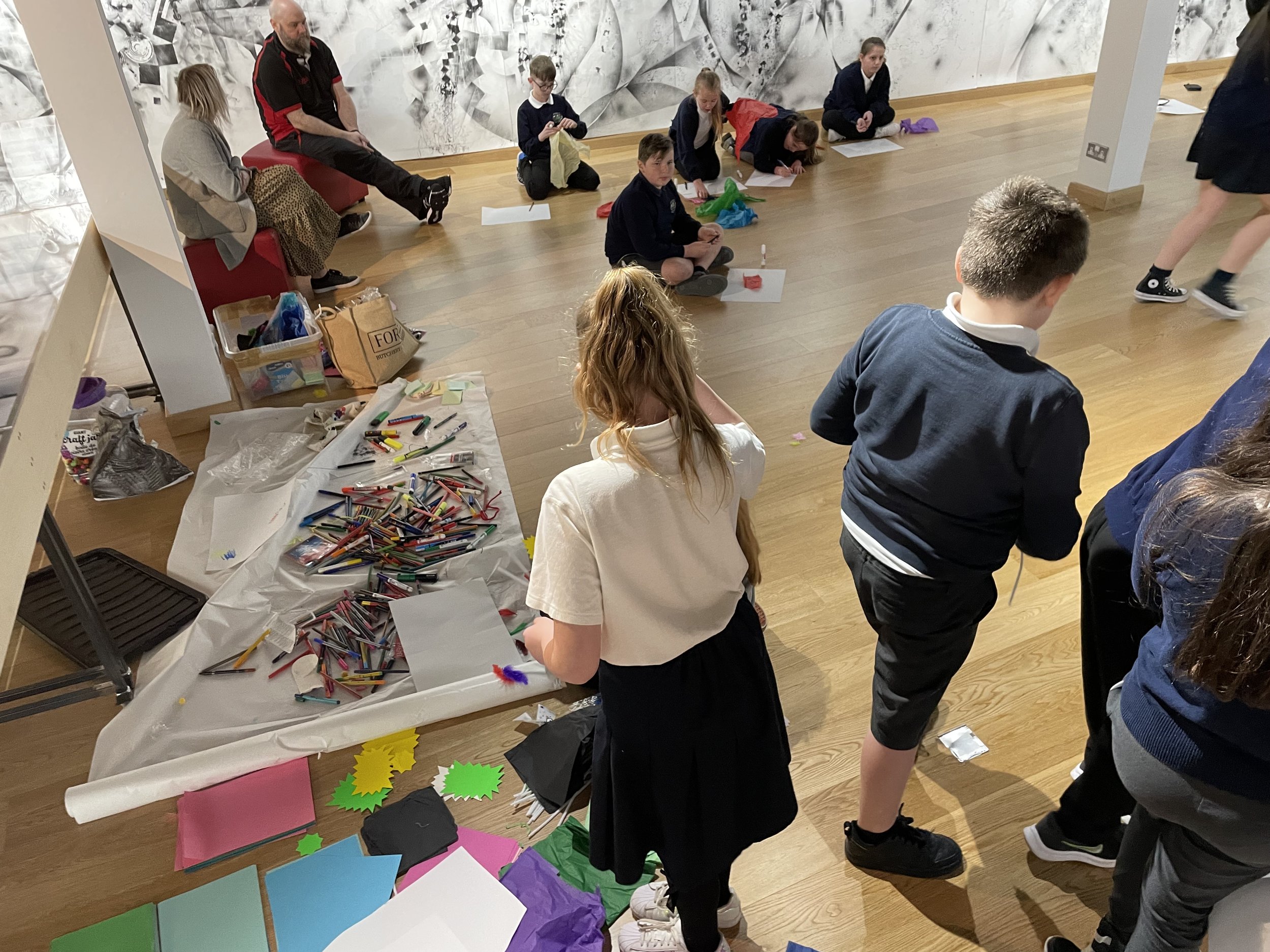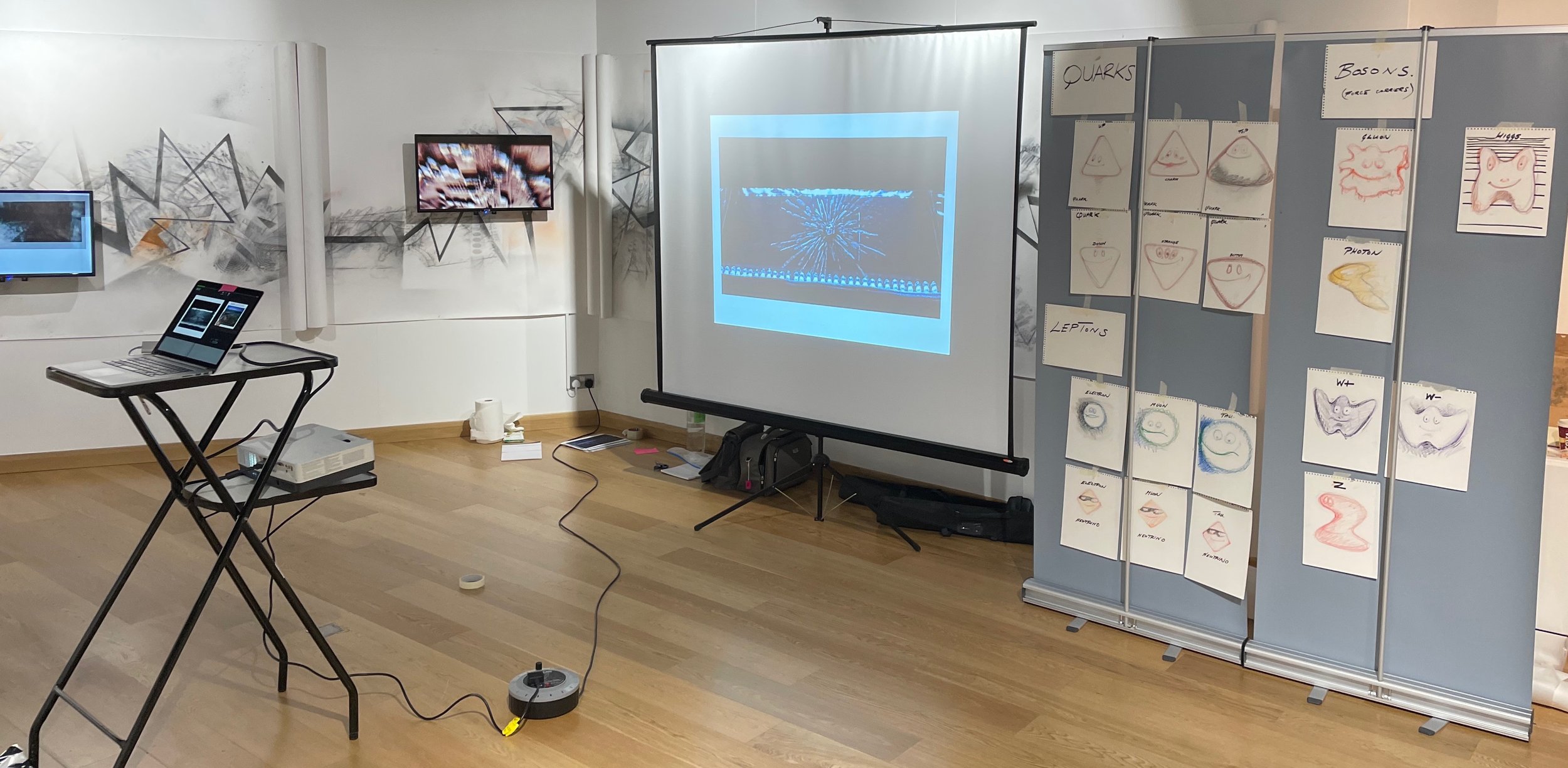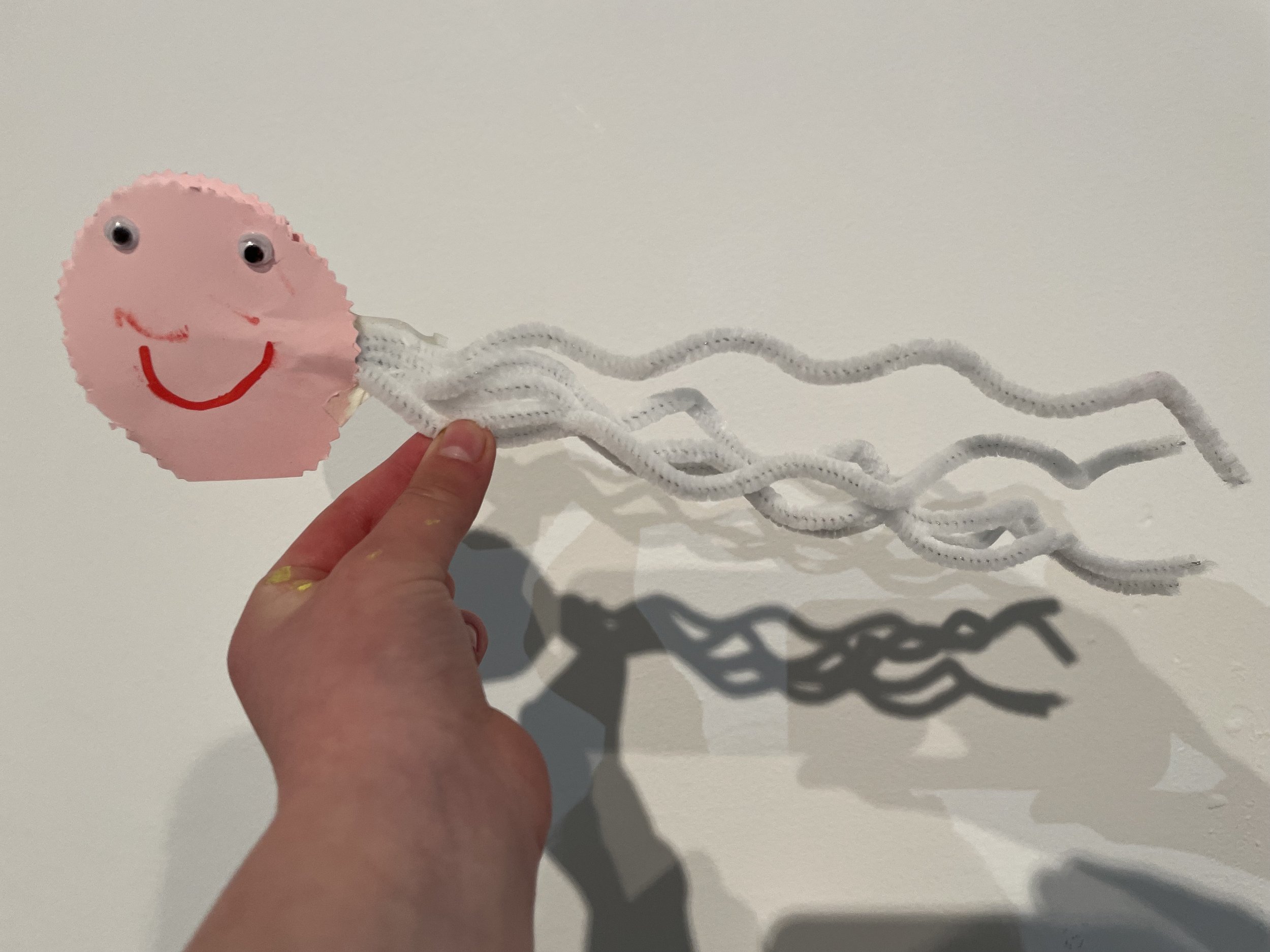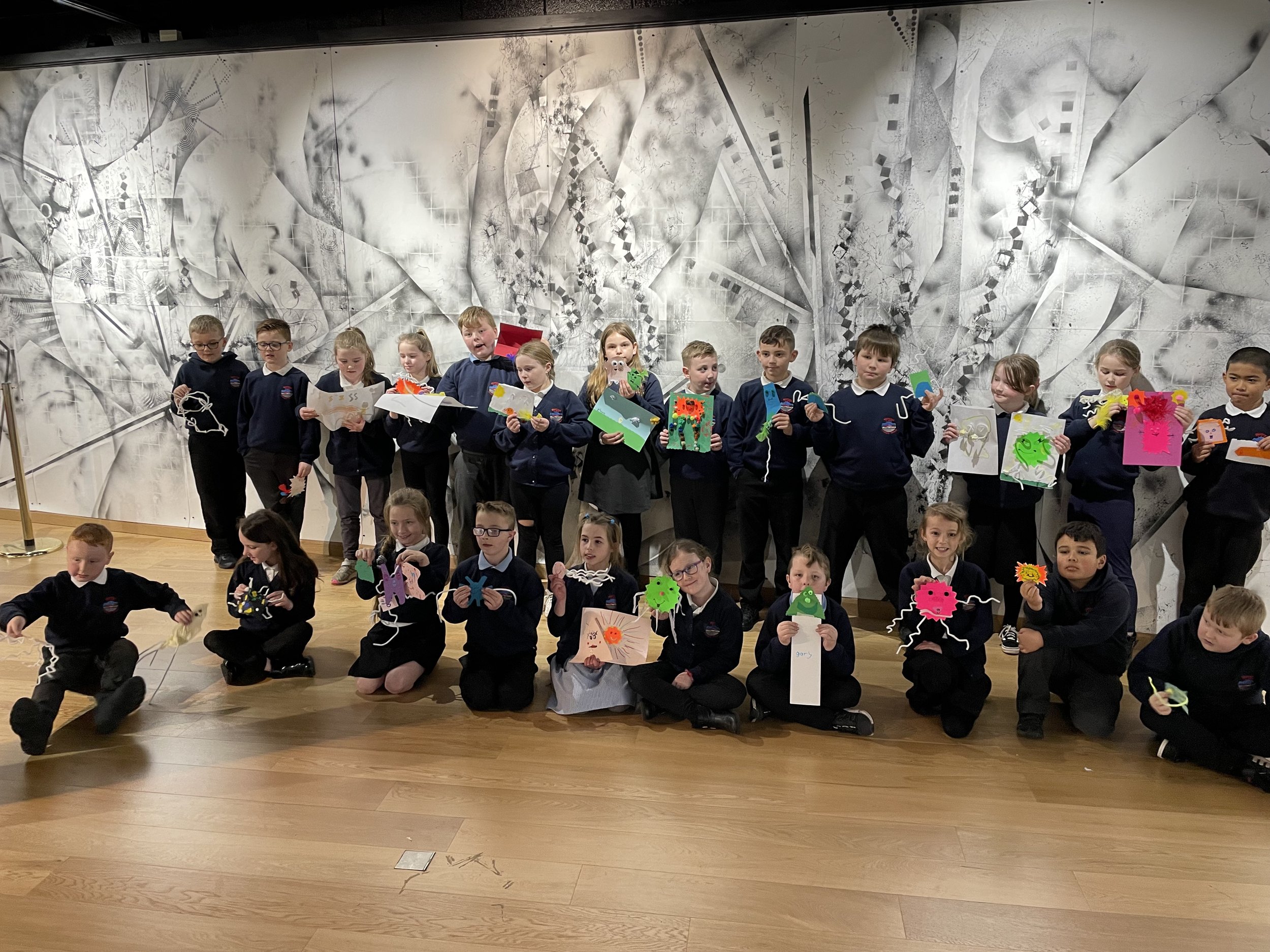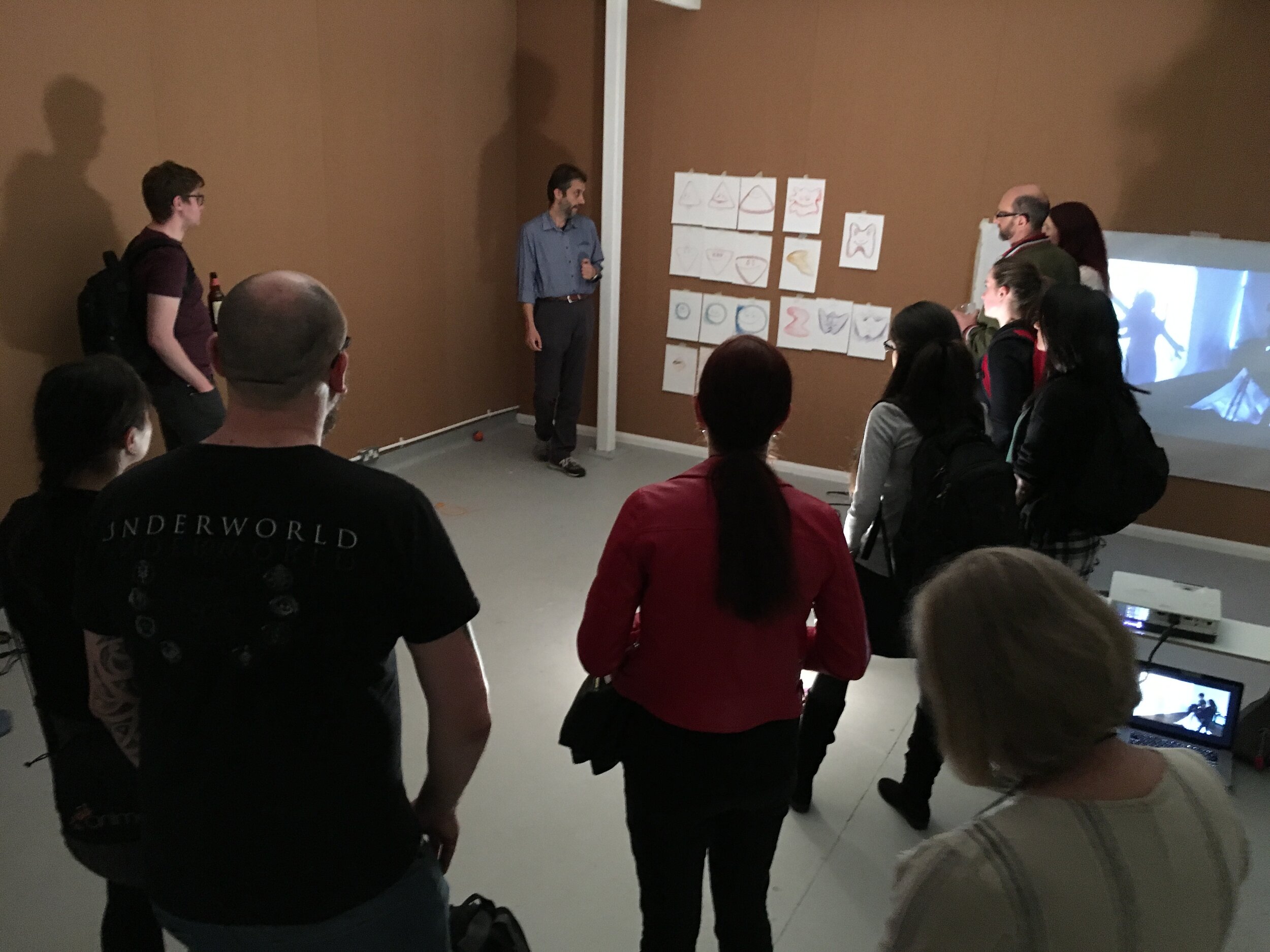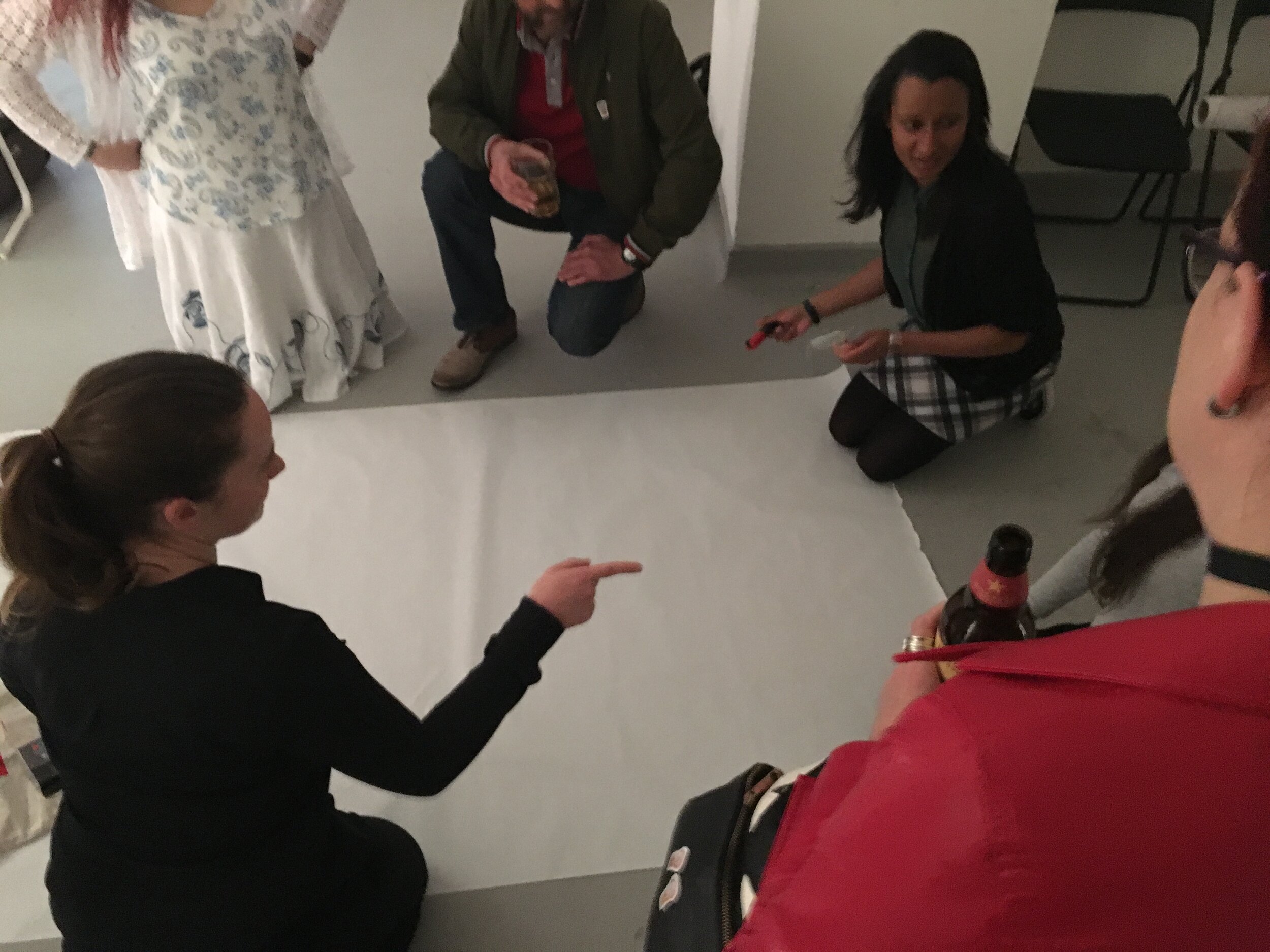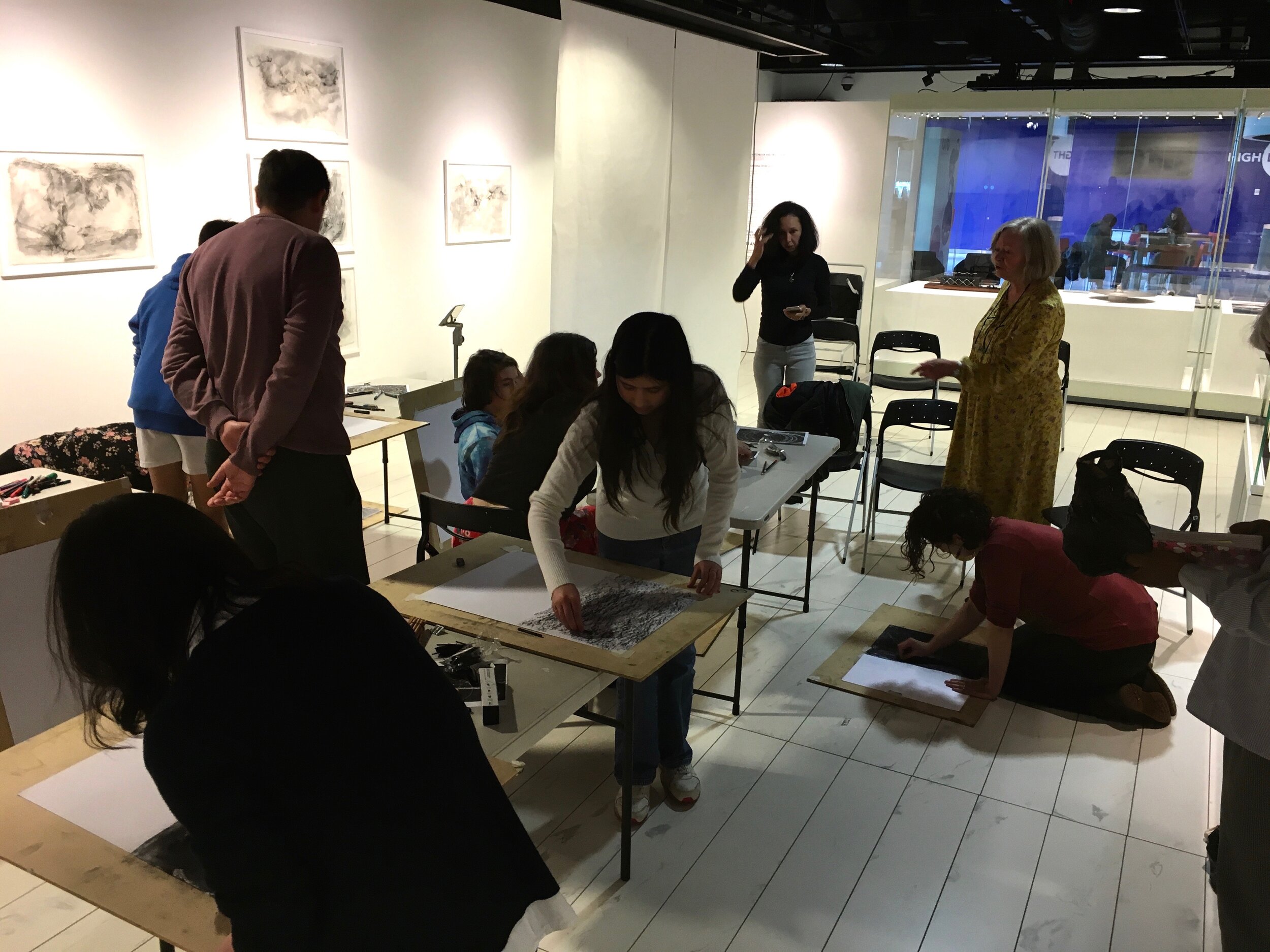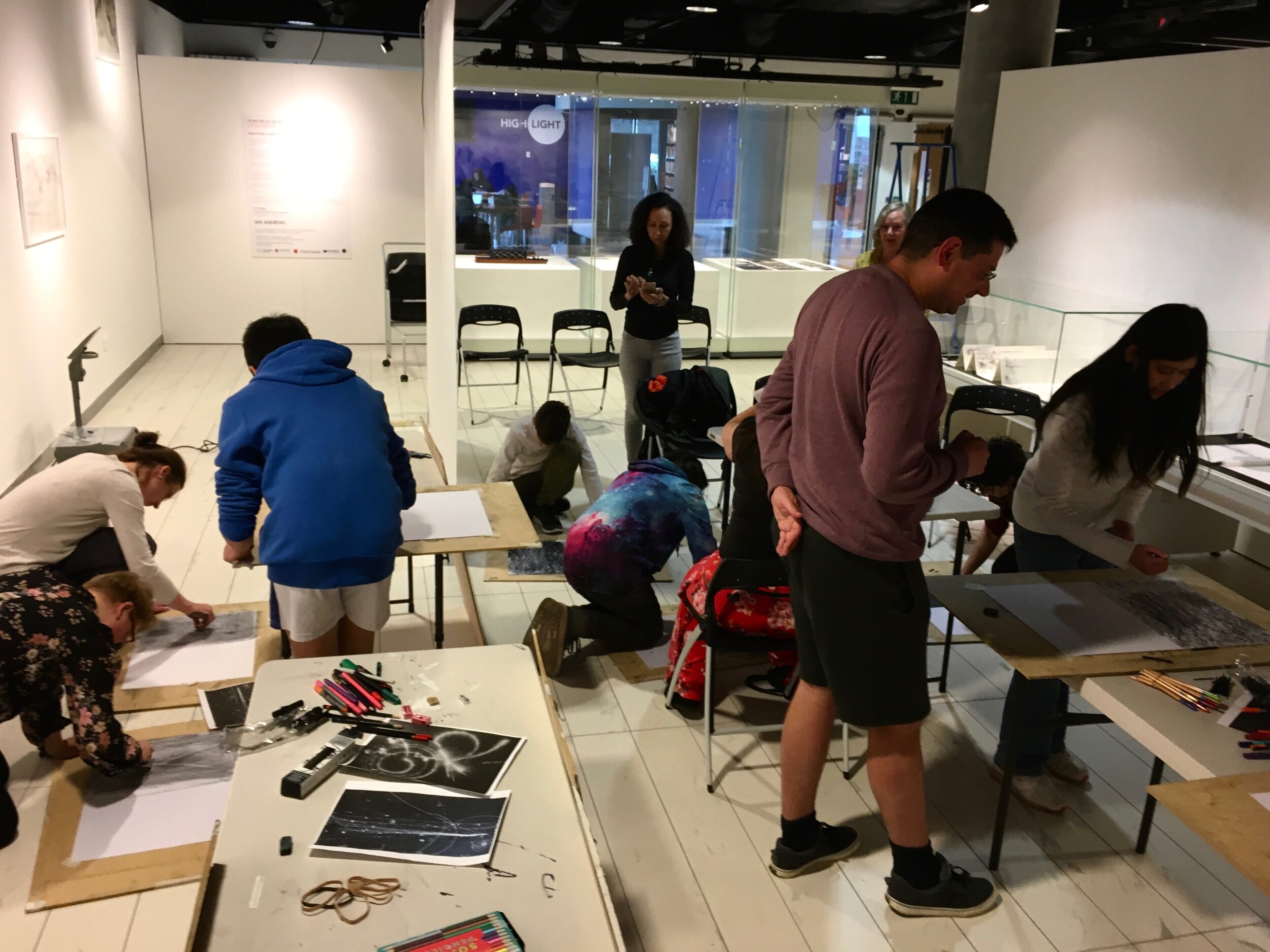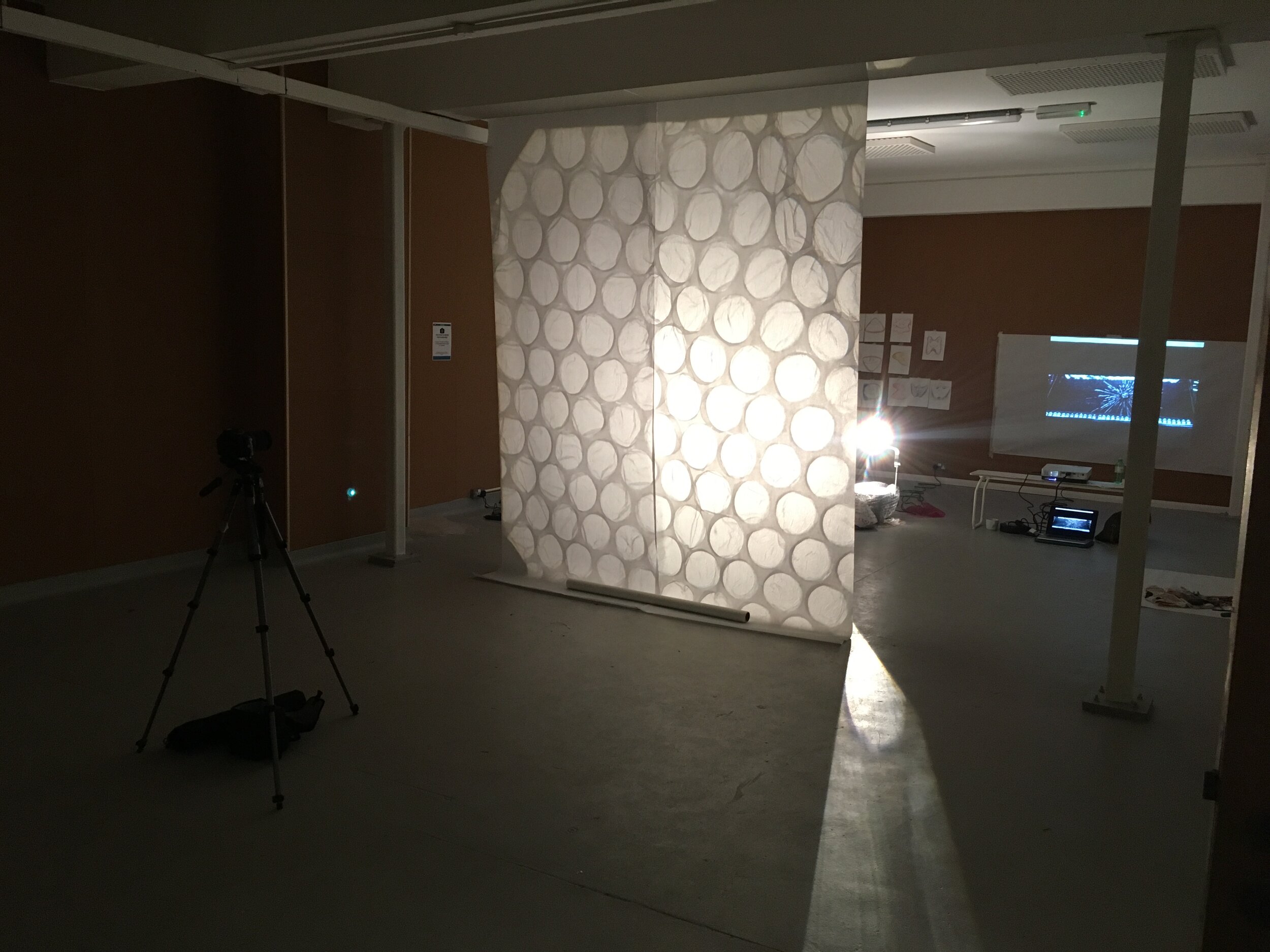WORKSHOPS
The community arts group In-Public (co-founded by Ian Andrews and Sarah Fortes Mayer) have been collaborating with the University of Birmingham particle physics group to develop a series of workshops for schools.
The workshops developed with Prof Kostas Nikolopoulos are designed to operate at different levels for different participants and explore the relationship between fine art and particle physics.
The exercises explored in the workshops use artistic visualisation techniques to give visual form to particle characteristics and interactions to aid understanding and stimulate further interest. They utilise the interrelationship between drawing, photography, sculpture and performance and offer an “art school ” experience for students, pupils and adults in addition to providing an introduction to particle physics.
The initial workshops were developed as part of the EU-CREATIONS project.
Ian Andrews and prof Kostas Nikolopoulos have co-authored an academic paper entitled Introducing particle physics concepts through visual art, which was published in the Journal Physics Education published by the Institute of Physics. (IOP)
Thanks to Dr Patrick Knights and Giovanni Rogers for help during the workshops of 2022 at The Beacon Museum and Warwick School.
SECONDARY WORKSHOPS KEY STAGE 3 & 4
Workshop 1. Art School in a Day - Introducing Particle concepts through Visual Arts
Students are introduced to the standard model of particle physics and the interaction of elemental particles via the fundamental forces. They then interpret these interactions using visualisation techniques from the visual arts embodying the particle physics concepts within the act of “making and doing.” The aim is to encourage trans-disciplinary collaborative attitudes and the development of a “creative curiosity.”
Workshop 2. Experimental and Collaborative Drawing - Individual experimentation informs collaborative result
Students are shown examples of equivalents between the graphic elements of point, line and shape and the particle characteristics of spin, mass and charge. The idea that particles are not tiny spherical objects but rather spread-out waves or fields which during interaction become “excited” and exhibit particle-like activity is introduced. The idea of connections between the “visual field” and the quantum fields of the various particles is dicussed and techniques using templates that “interact” with the drawing process in different ways as particles interact via the fundamental fields and forces is used.
ADDITIONAL SECONDARY WORKSHOPS
In addition to the workshops above a further workshop has been developed for the physics experience week at the University of Birmingham. The workshop was designed with Maria Pavlidou, schools liaison, entitled Einstein’s Universe: Creativity in science. Following a period of or computer-based research the students produce an A1 ideas sheet attempting to visualise aspects of Einstein’s work. This feeds into a final A1 sheet with no text or explanations allowed which is presented at a group critique where the audience has guess which theory is being visually presented to them. Further testing has seen workshop 1. Introducing particle physics concepts through the visual arts delivered to younger students aged 12 and workshop 2. Experimental and collaborative drawing was successfully piloted with 13 year old students. Some images are from Point to Line to Particle at the Beacon Museum Whitehaven.
PRIMARY WORKSHOPS KEY STAGE 2
Workshop 3. Cartoon (Particle) Characters - Experimentation in drawing and collage.
Developed by In-Public with Arts Council funding associated with Collision Event and advised by Dan Jones, creative lead at Allens Croft primary school and Maria Pavlidou, Schools Liaison, University of Birmingham. The workshops concentrate on developing “characters” for the particles of the standard model - the fabulously fast photon, the horrendously heavy top quark and the elusive neutrinos! Pupils use drawing and collage techniques to create their own particle characters with appropriate qualities. Some images are from the supporting workshops associated with Media Matter and Energy at Studio-kind North Devon and Point to Line to Particle at the Beacon Museum Cumbria.
ADULTS and EDUCATORS
Developed by In-Public with Arts Council funding associated with Collision Event. These workshops are of two types – firstly professional practice development for teachers to encourage cross-disciplinary collaboration where the workshops already mentioned are explained and sampled practically by the participants. Secondly elements of the initial workshop have been utilised in shorter drop-in events like the “Pint of Science” event at Birmingham open media (BOM) that used the shadow screen performance aspect in 30-minute standalone sessions.
